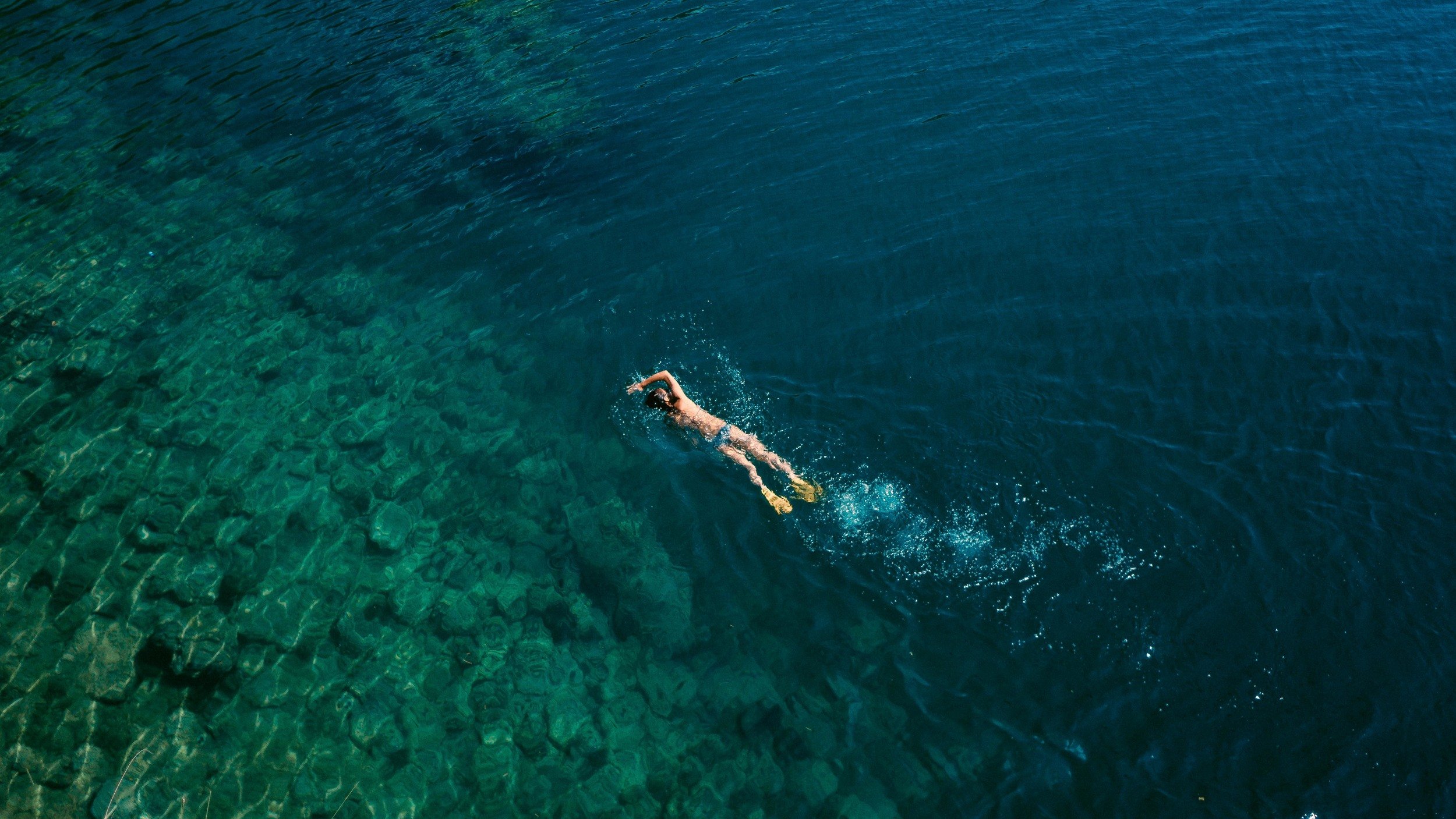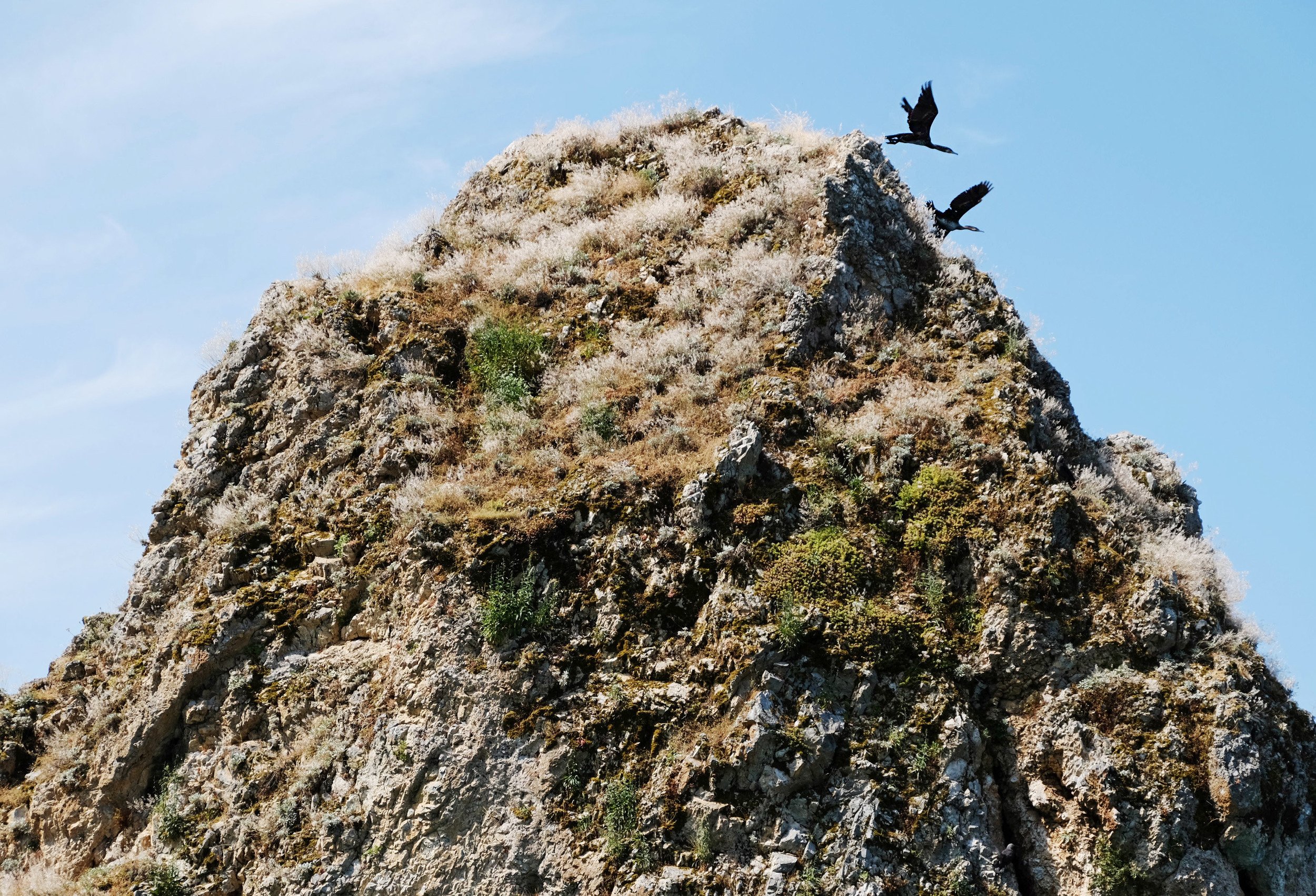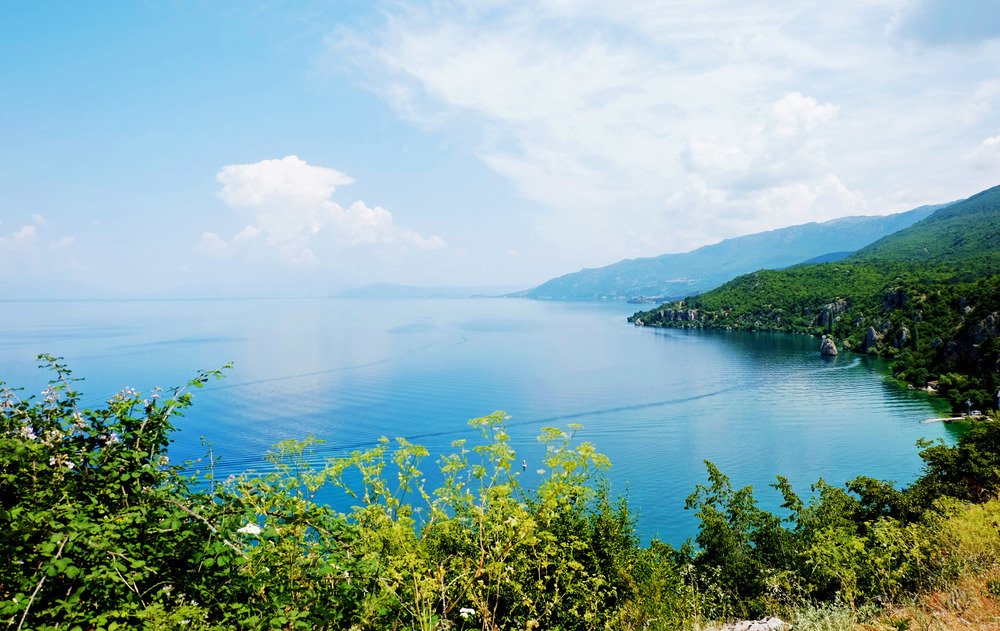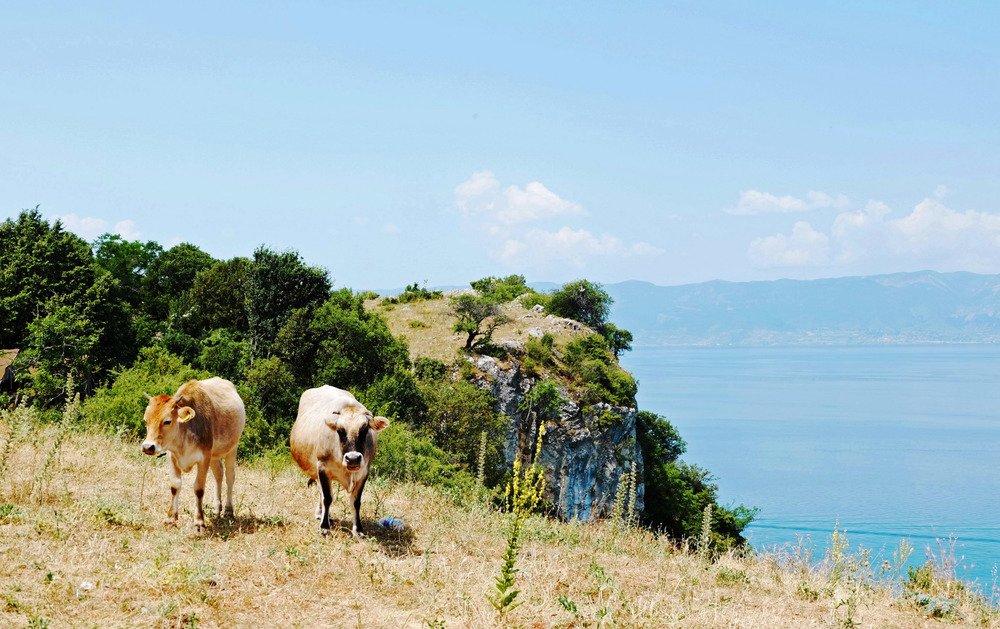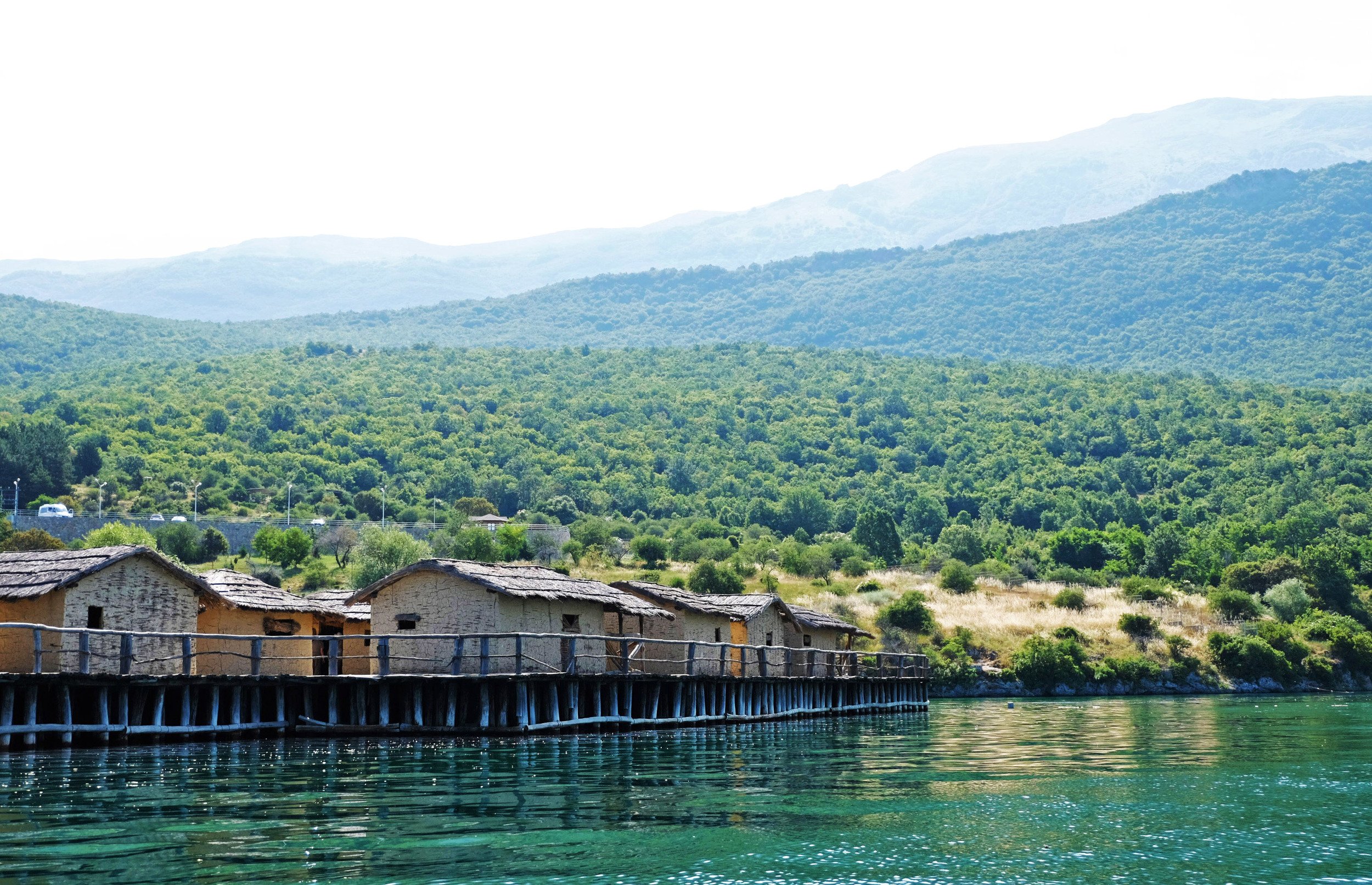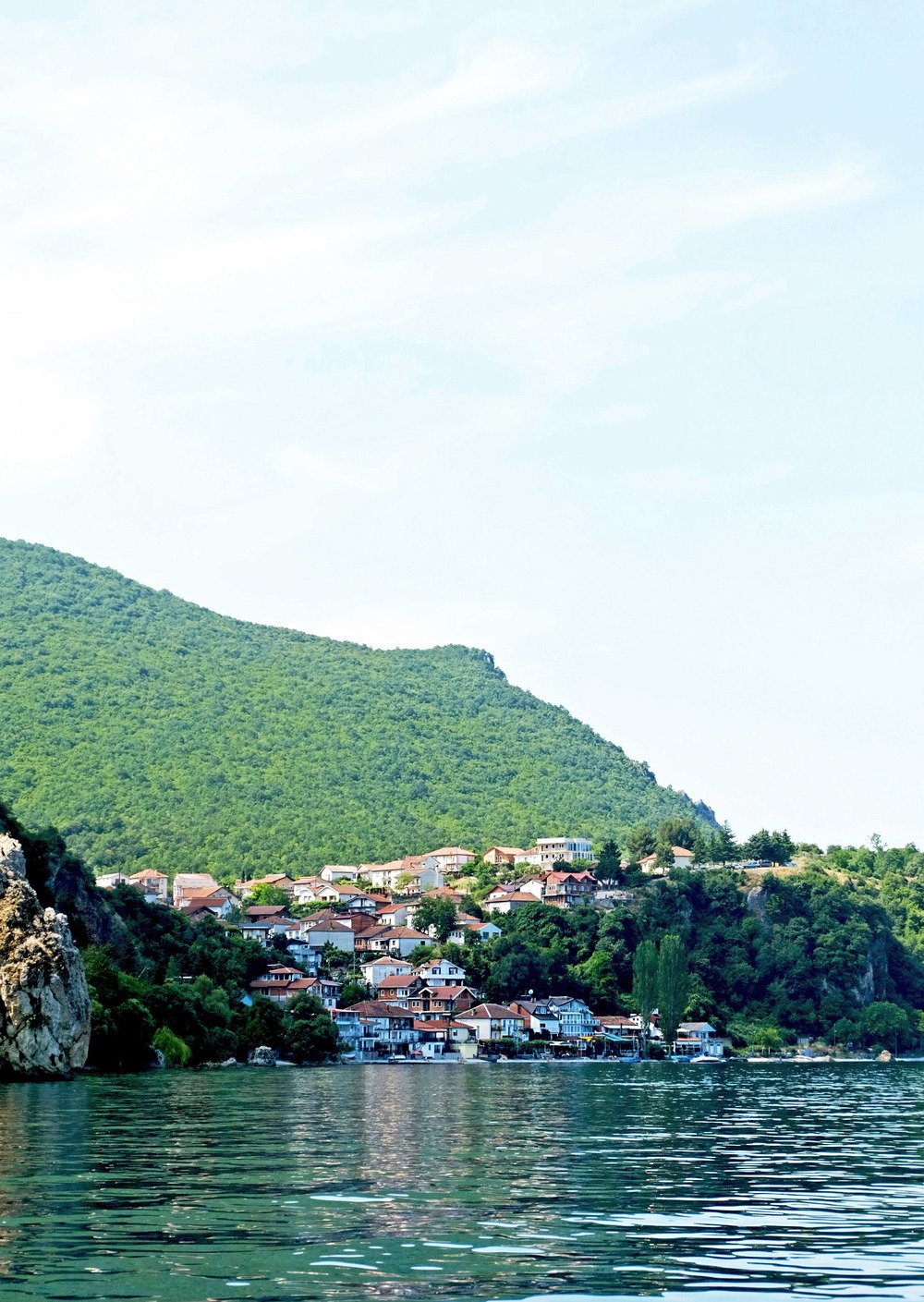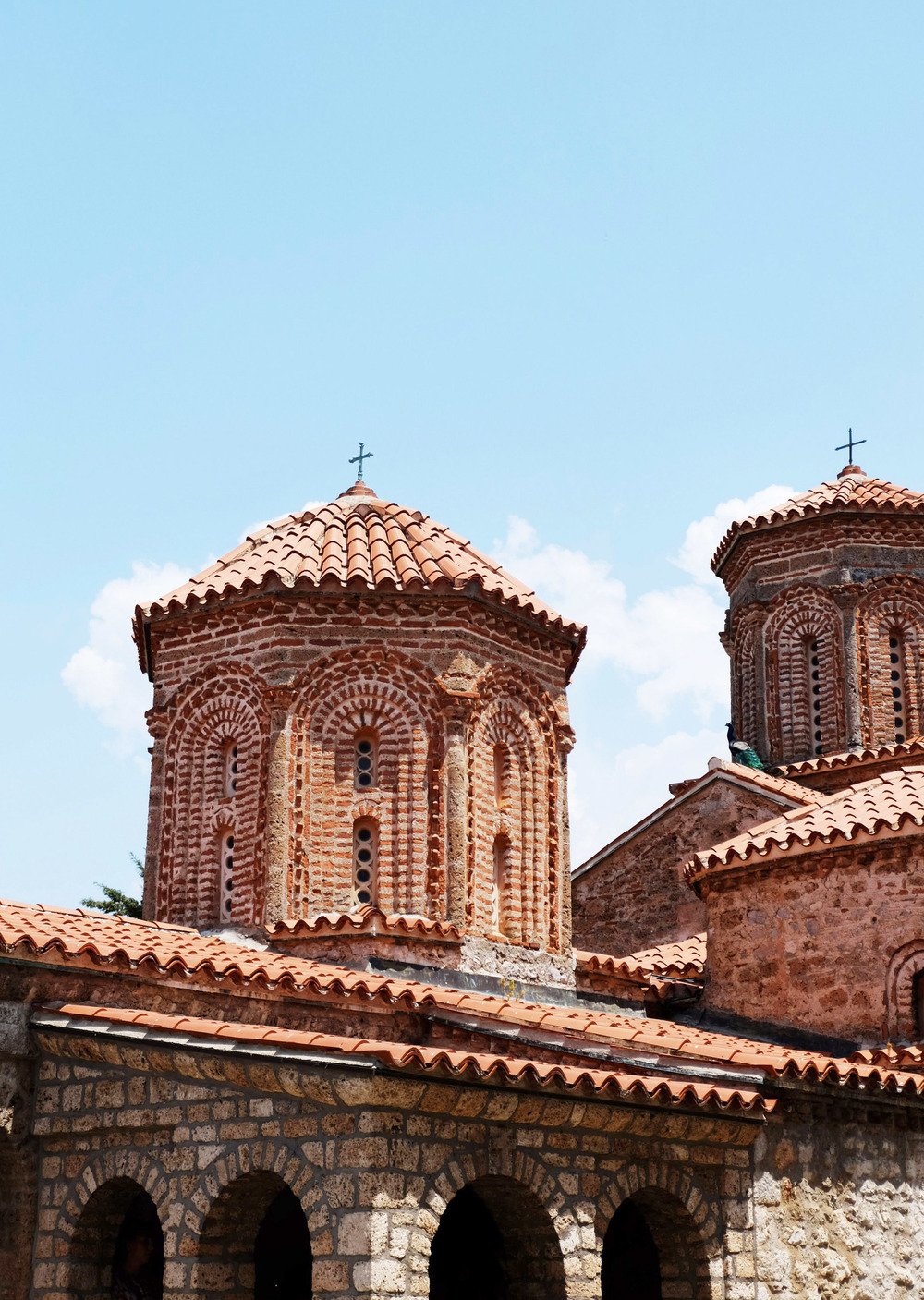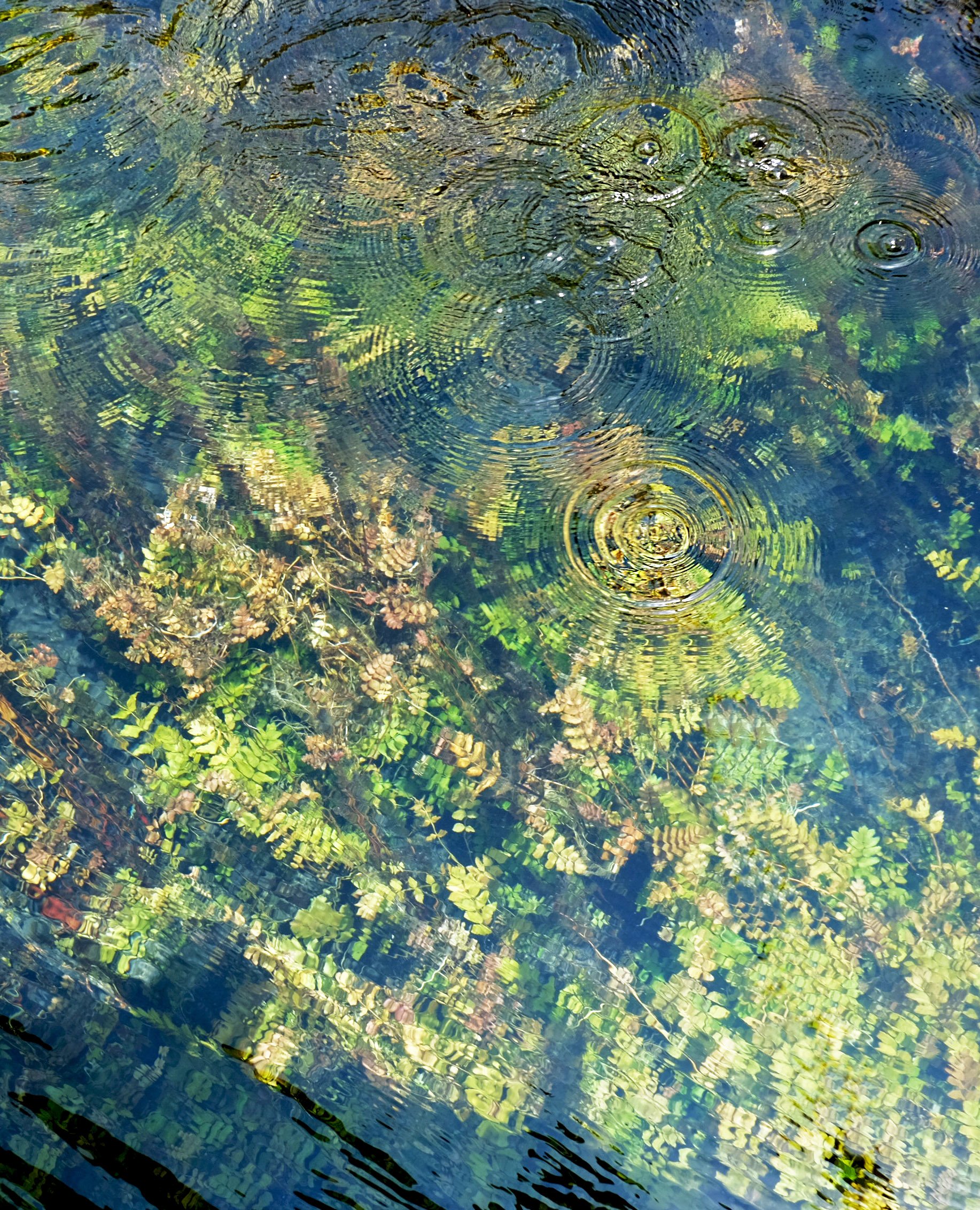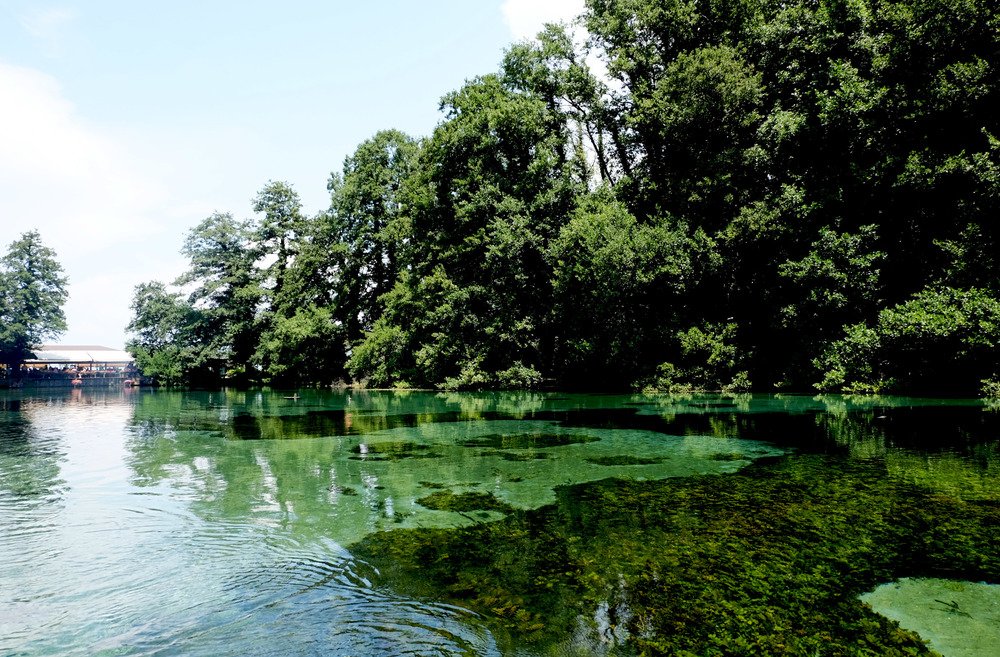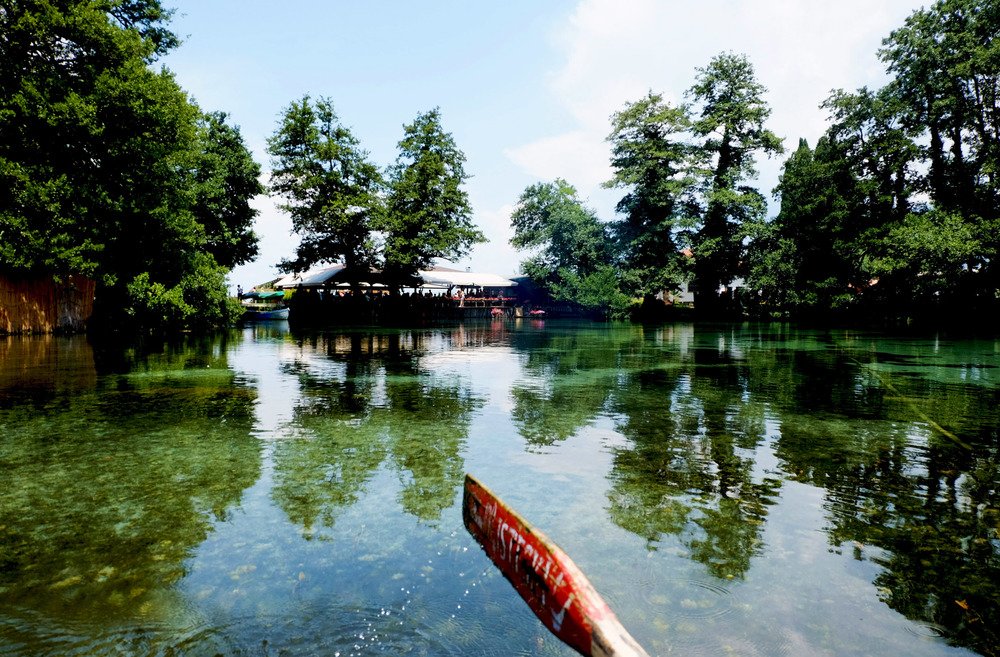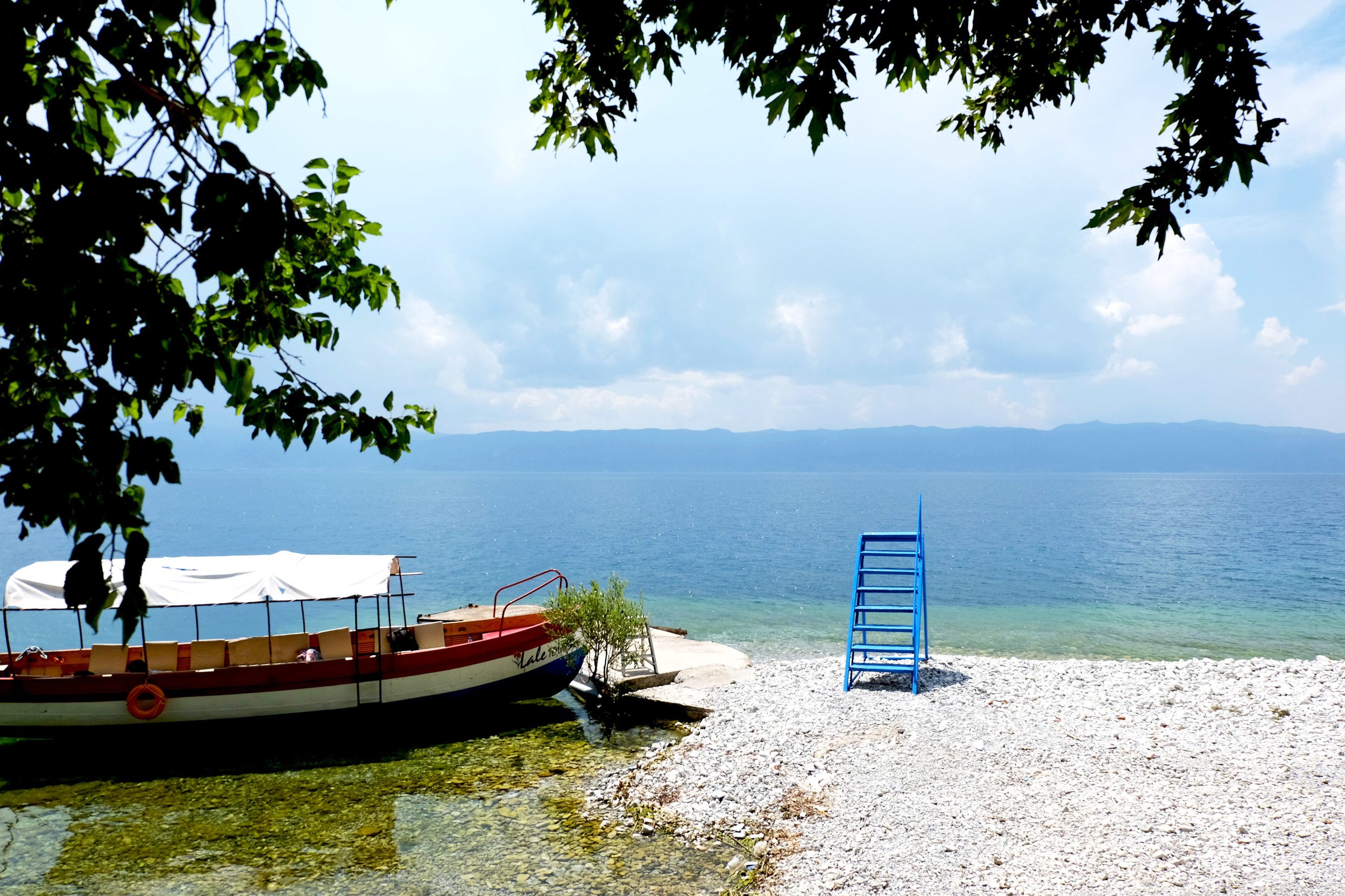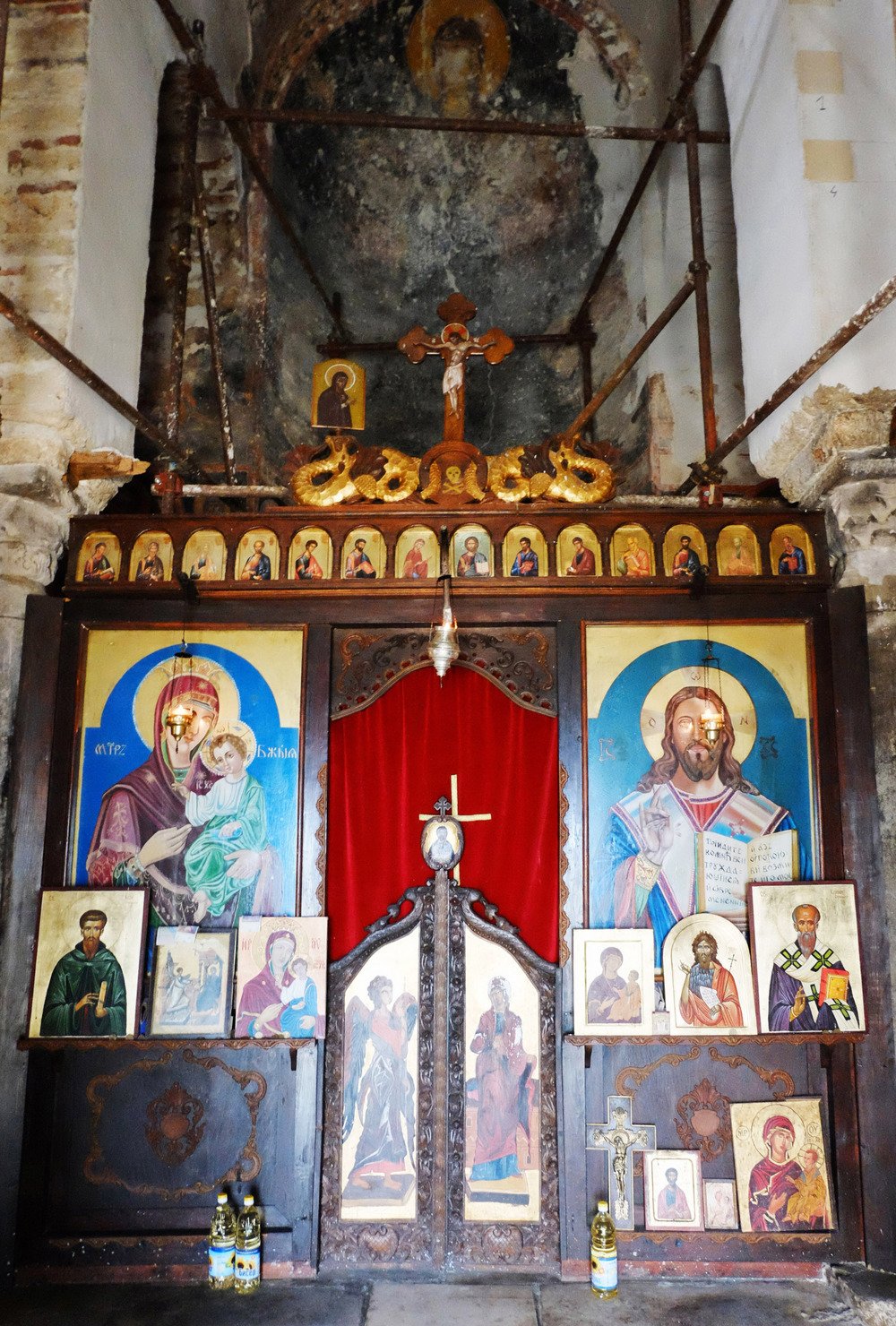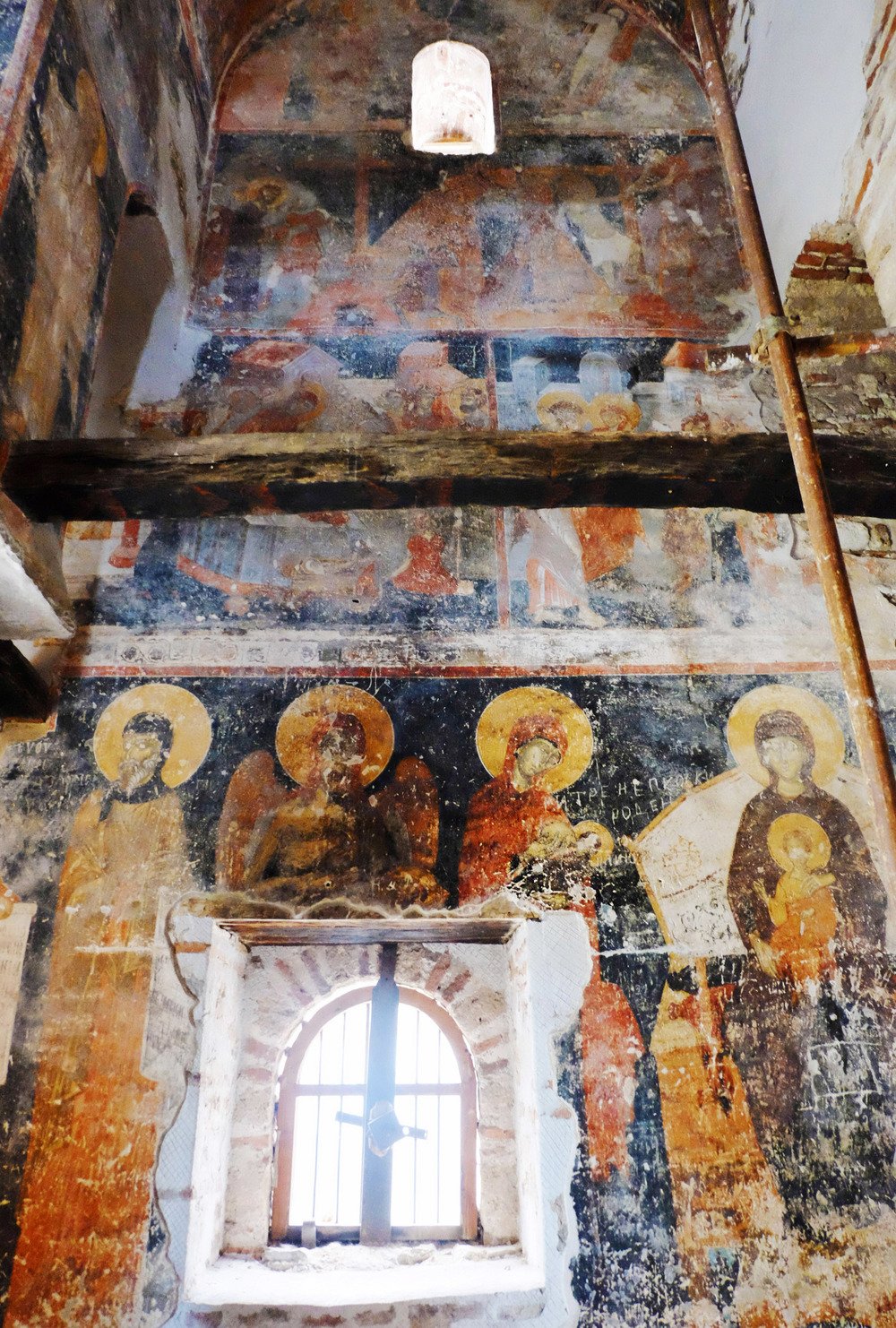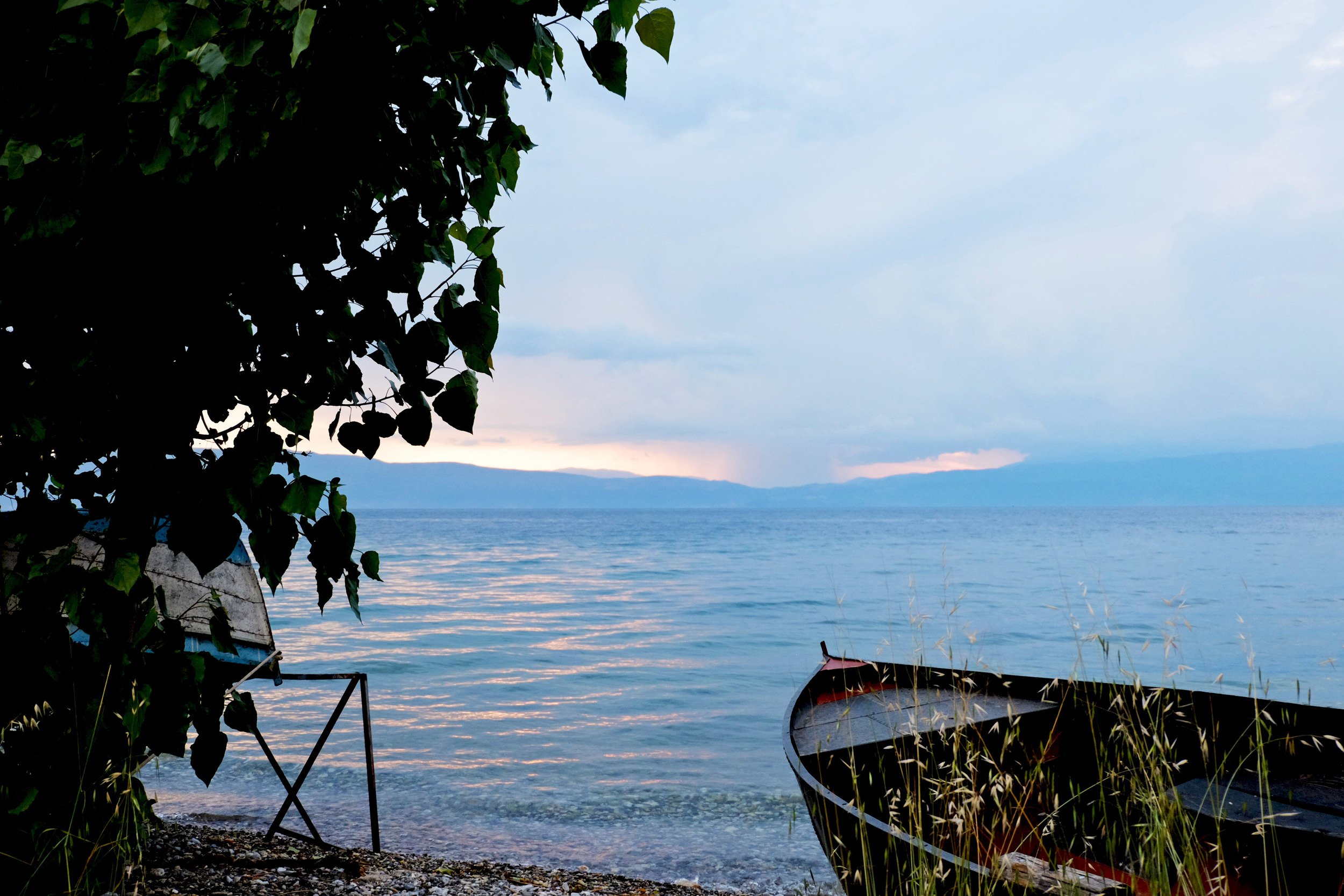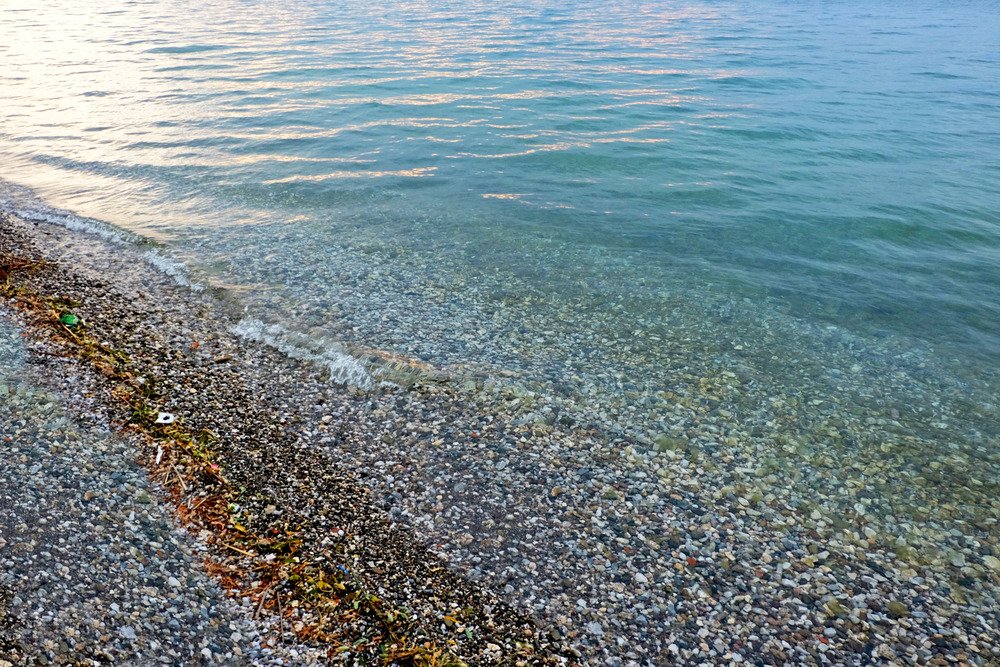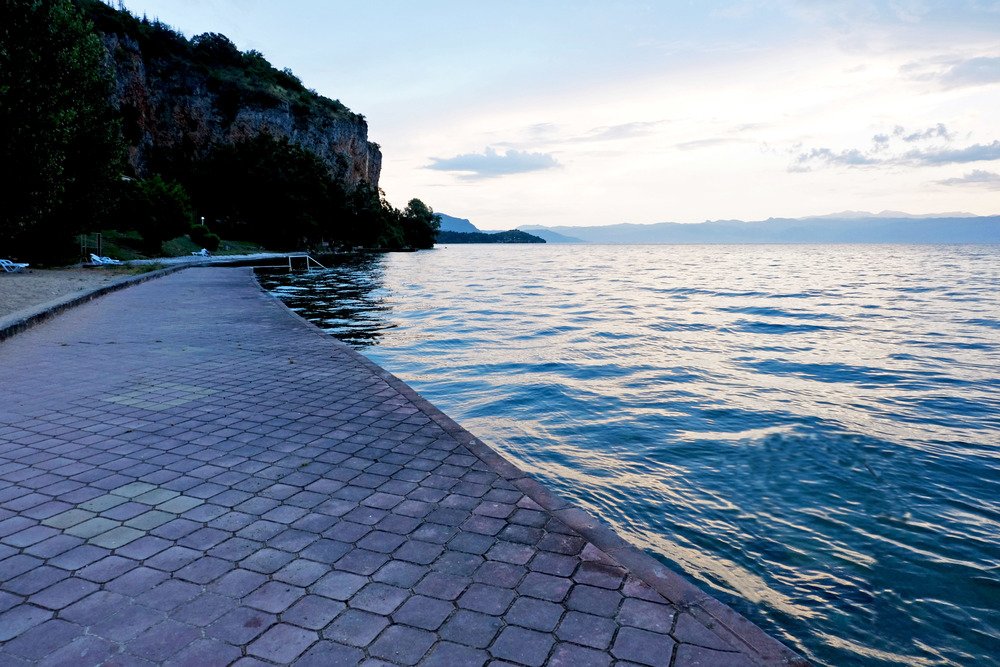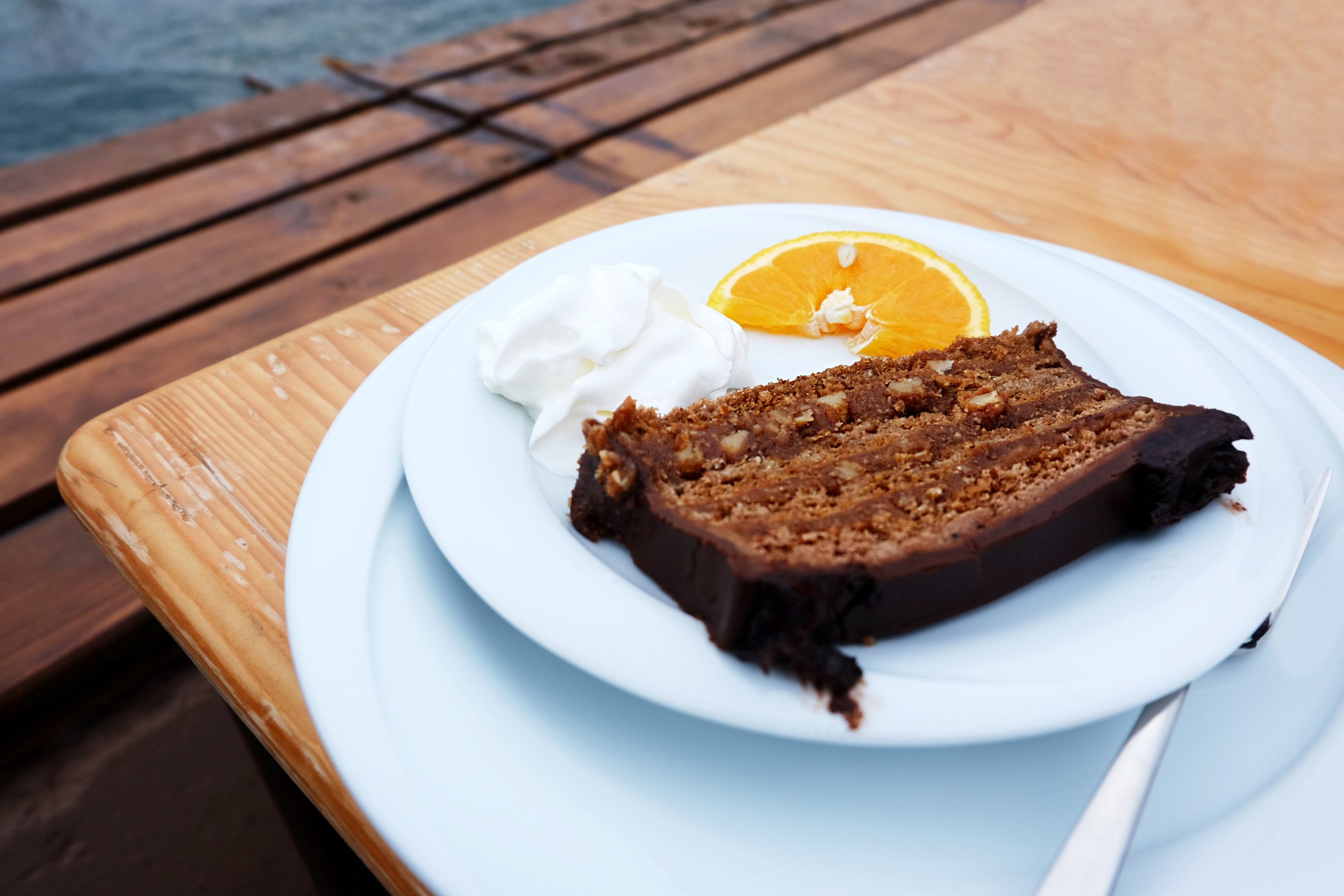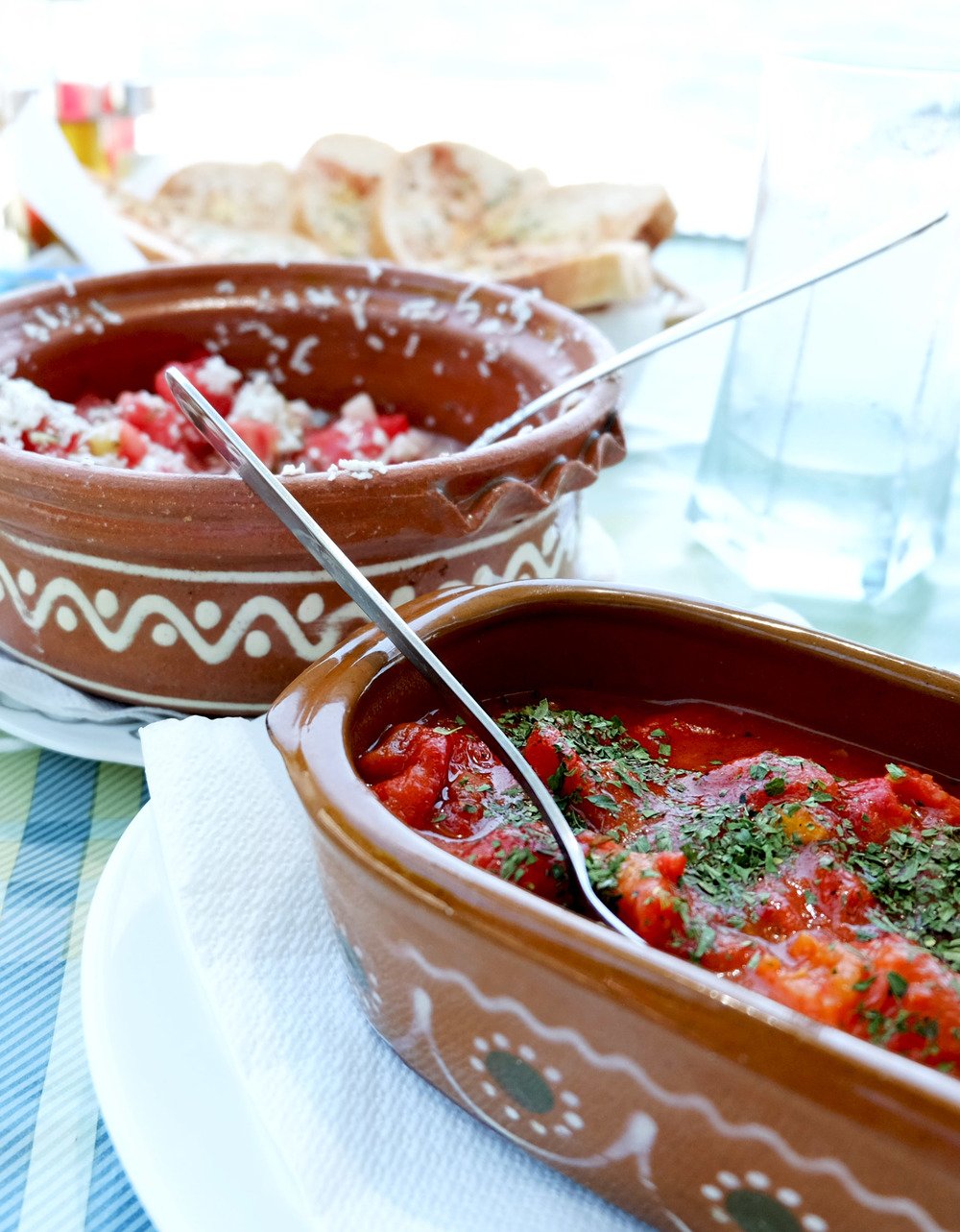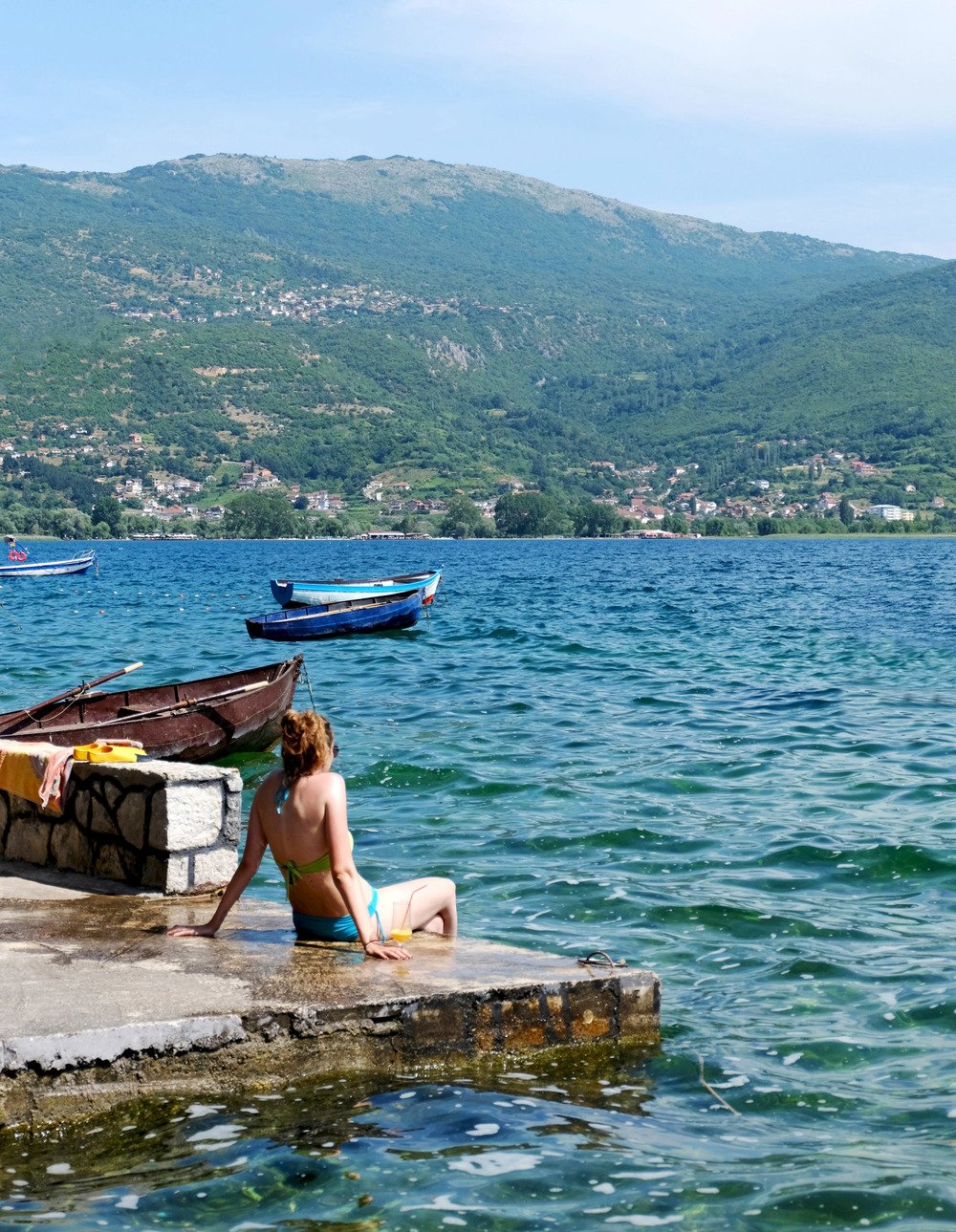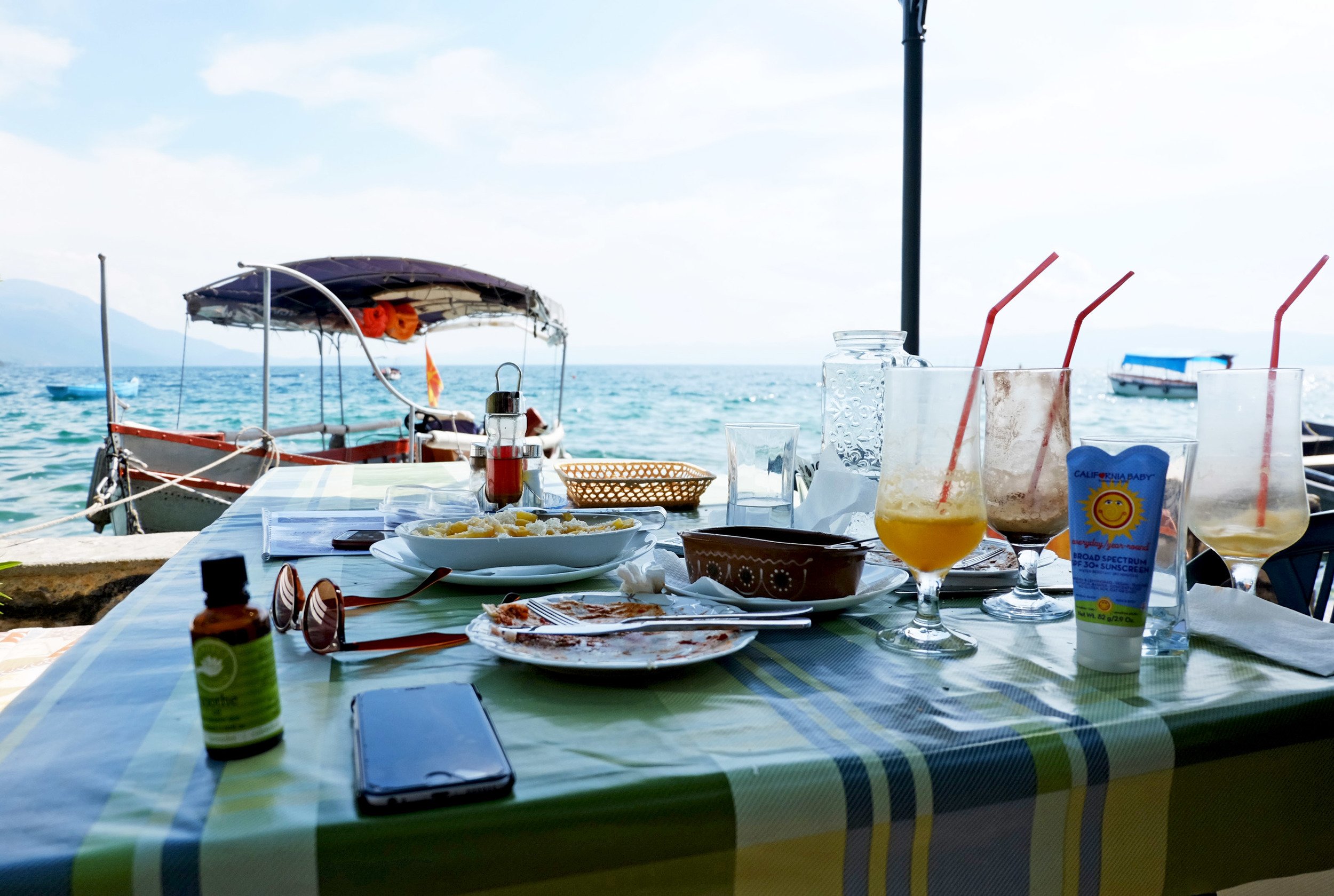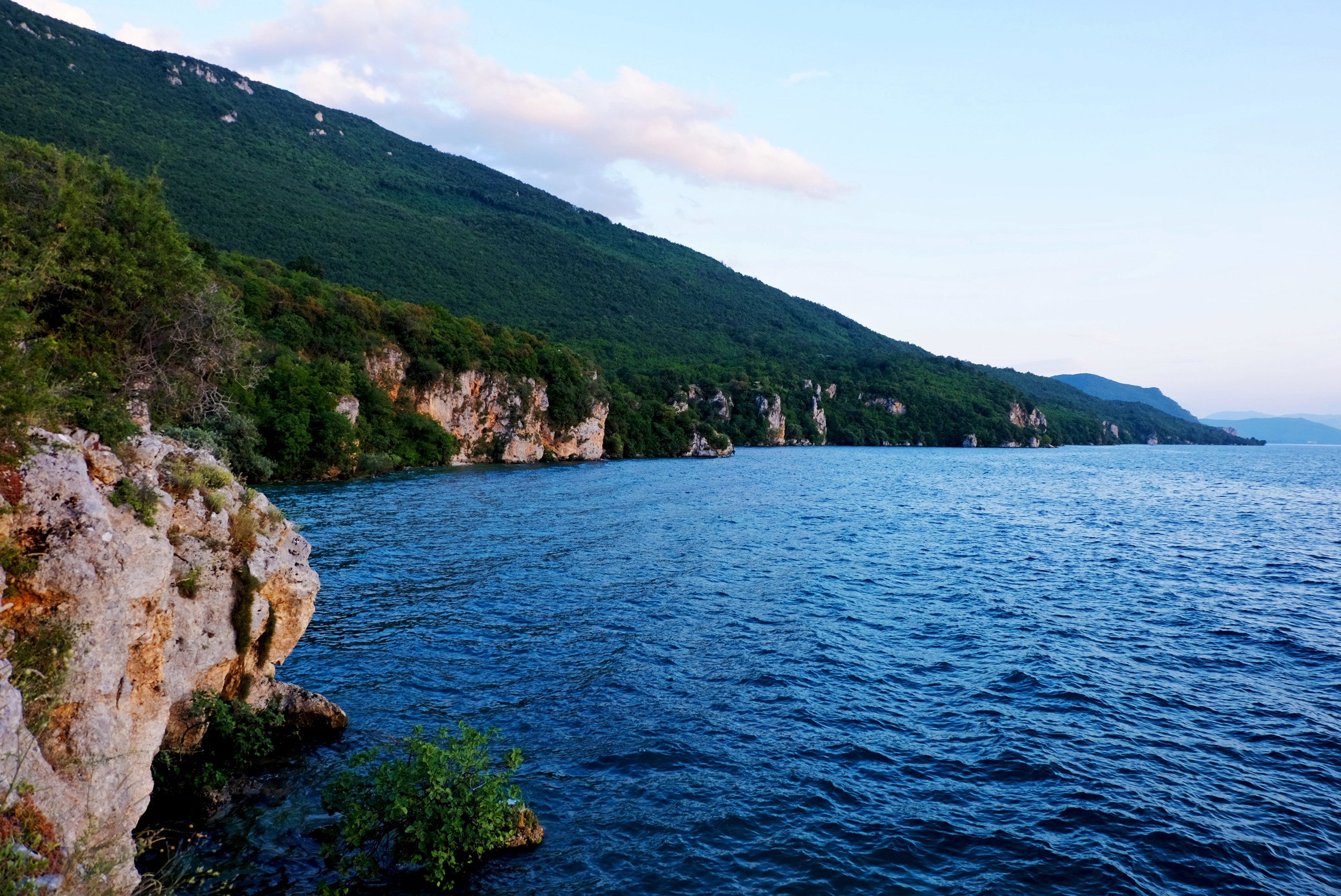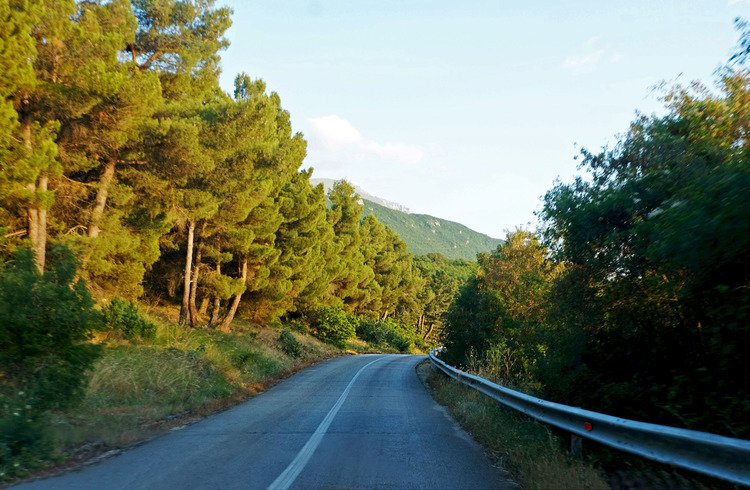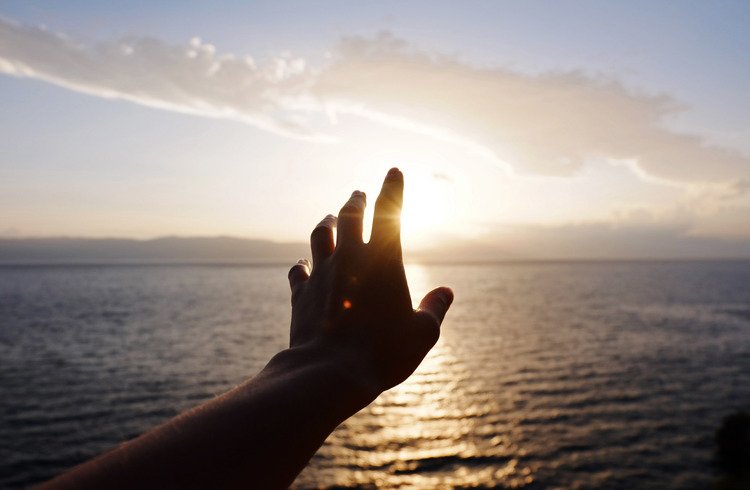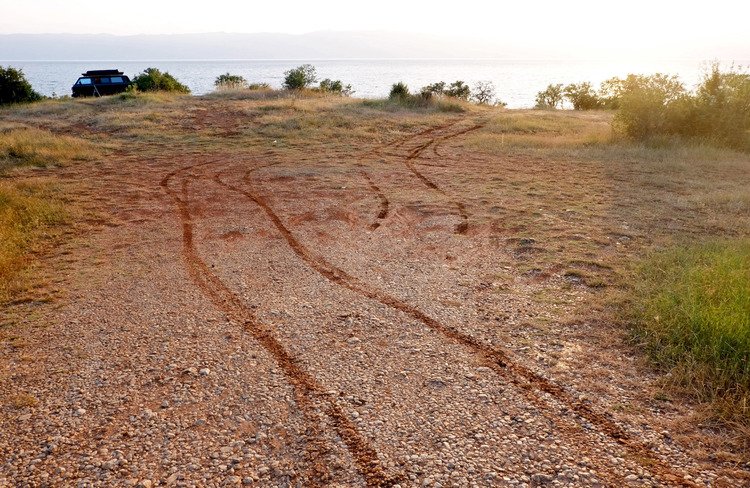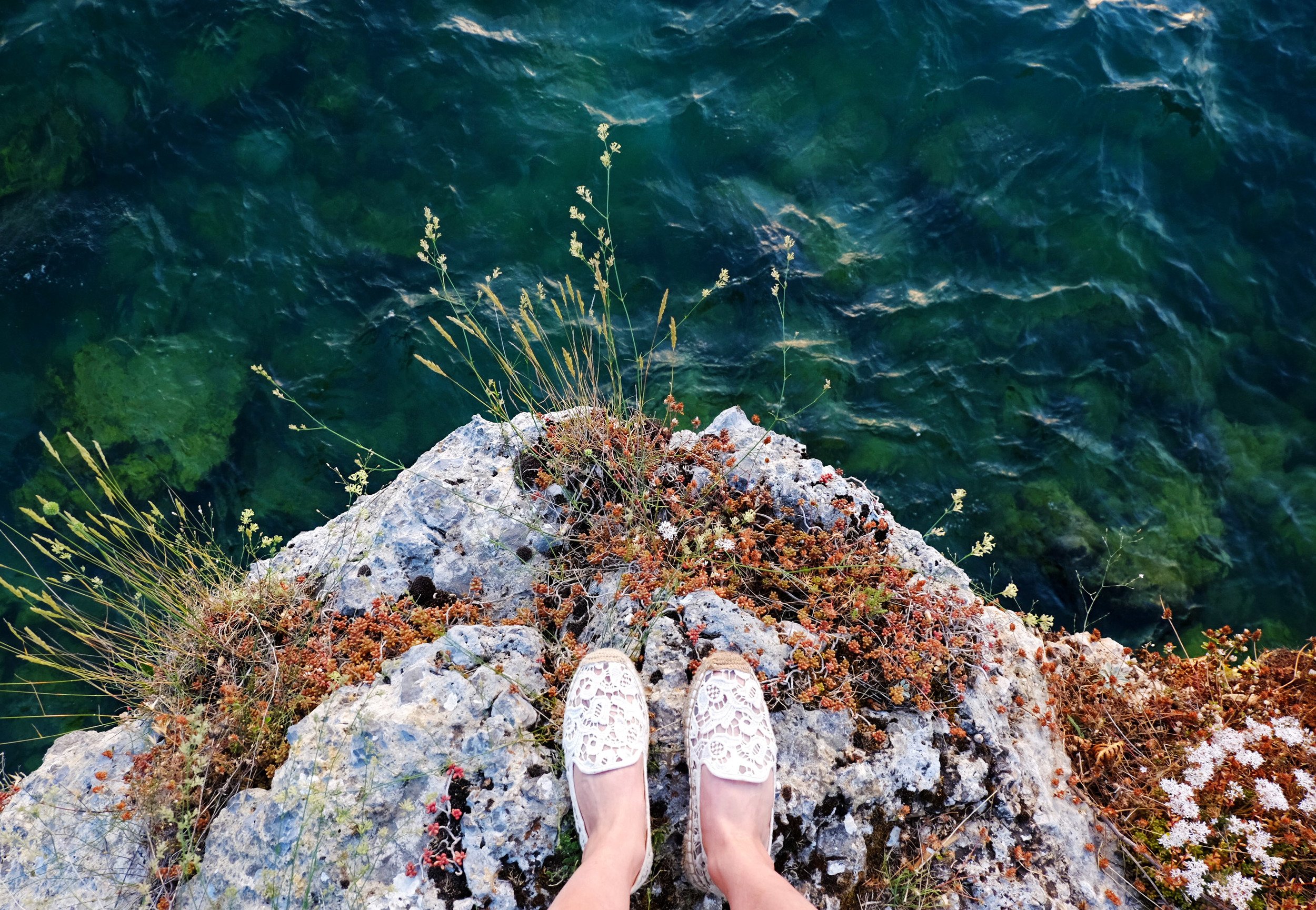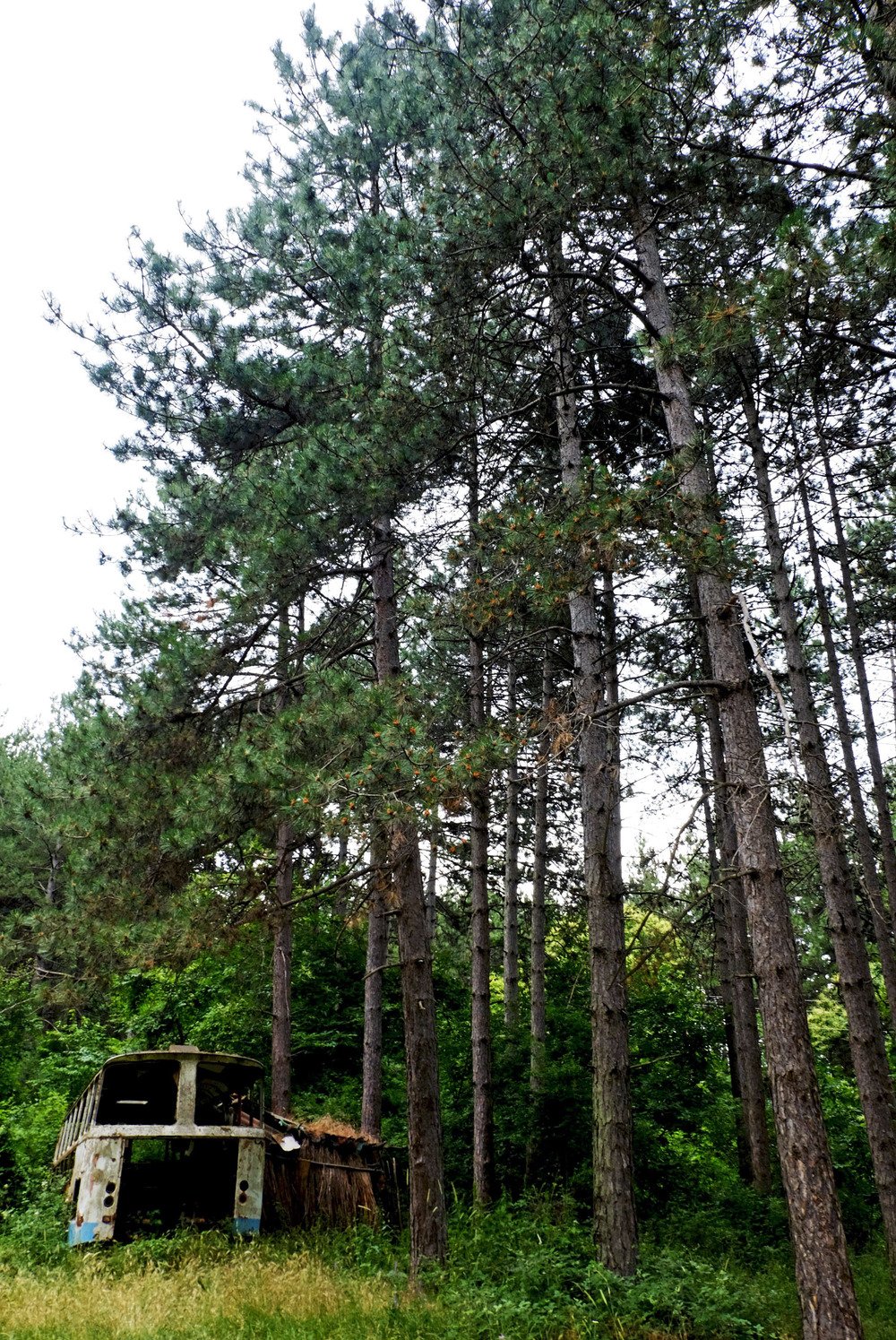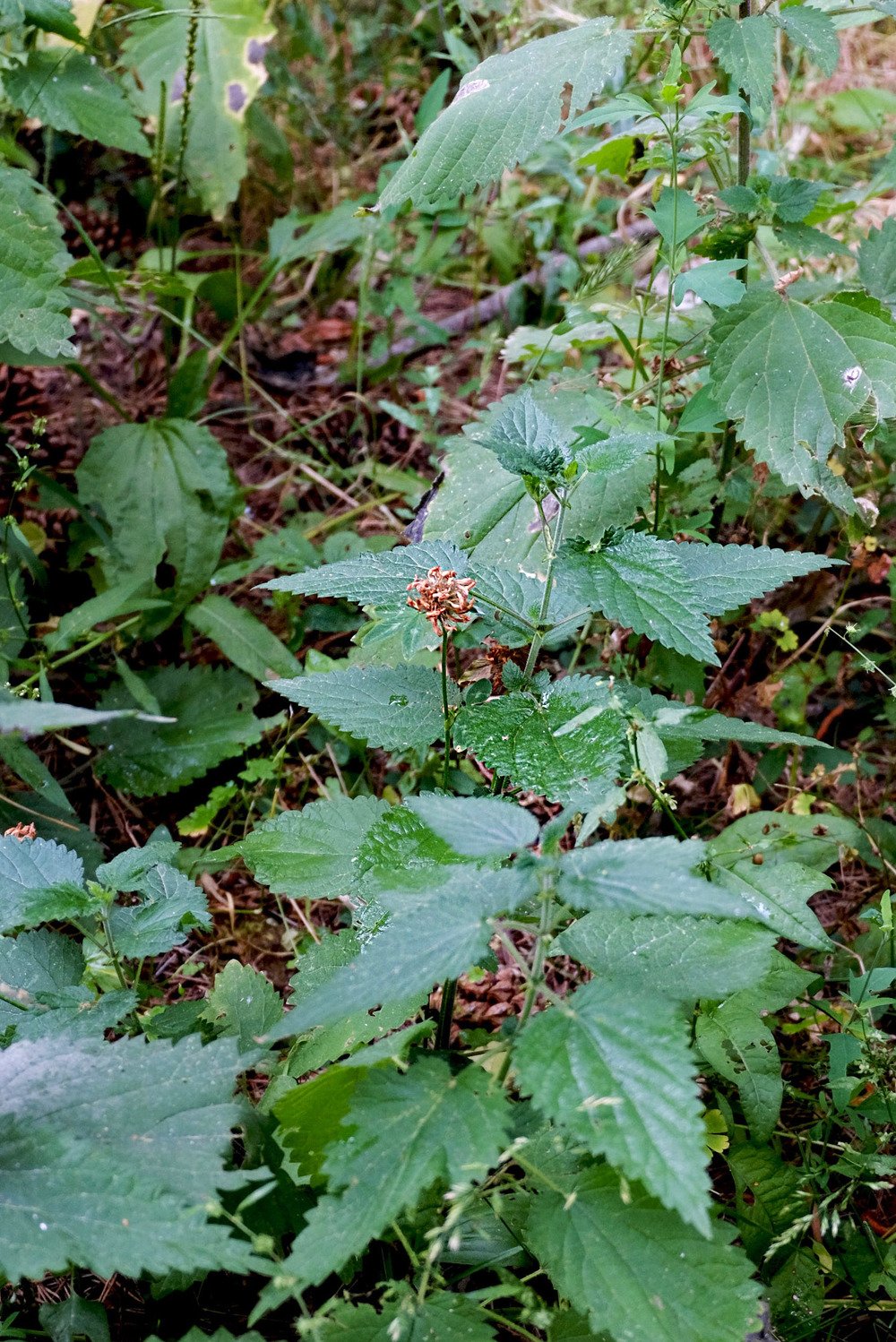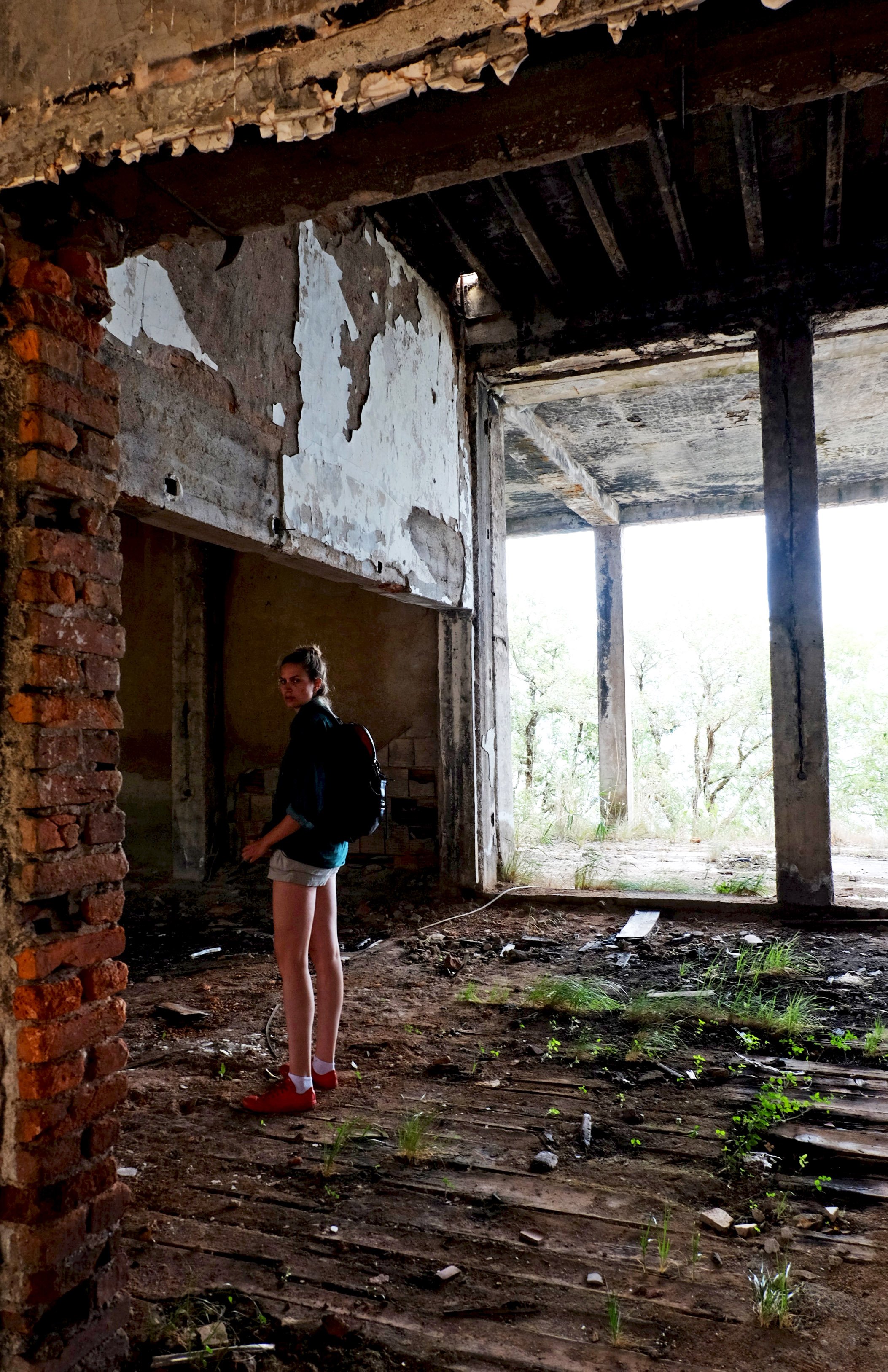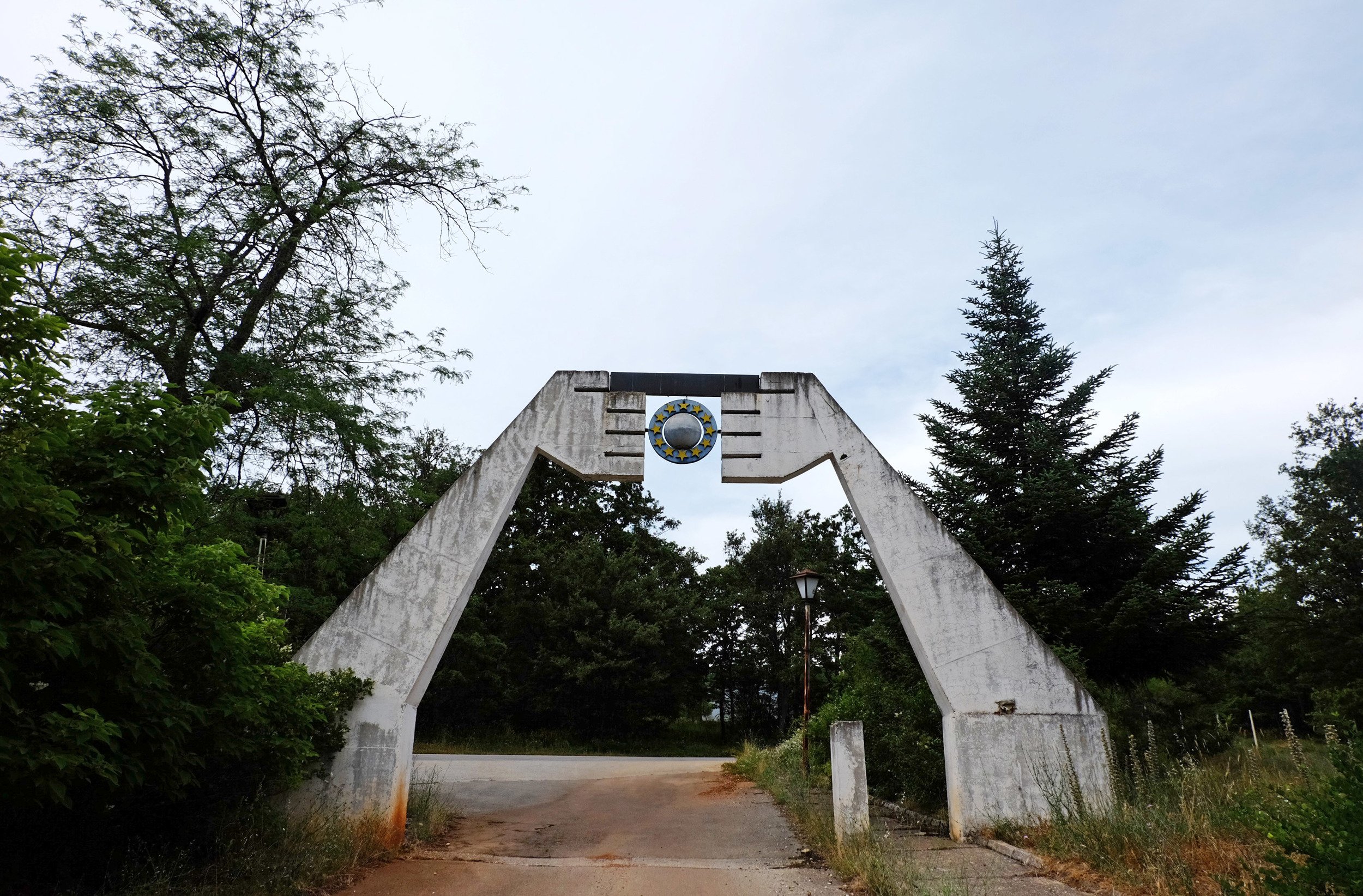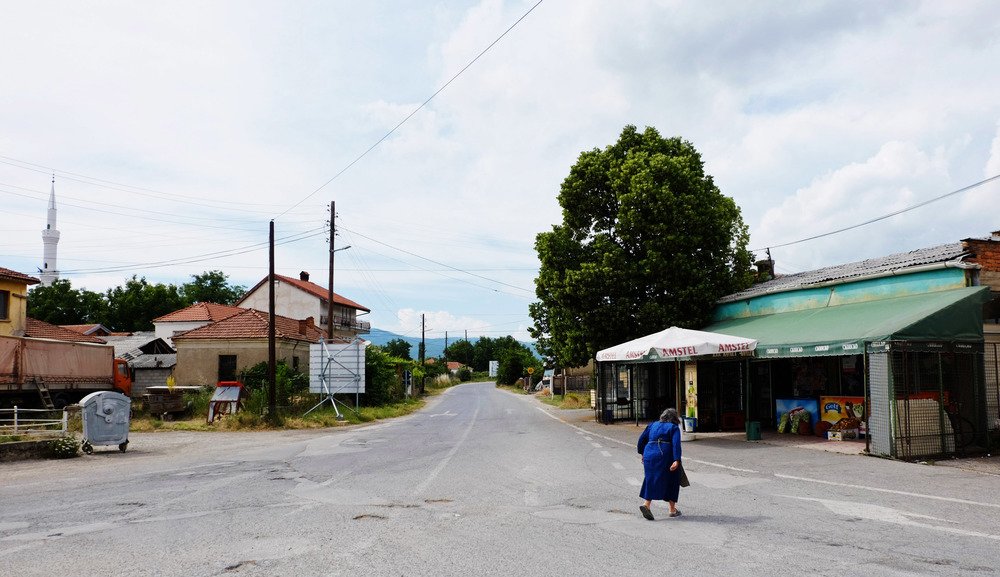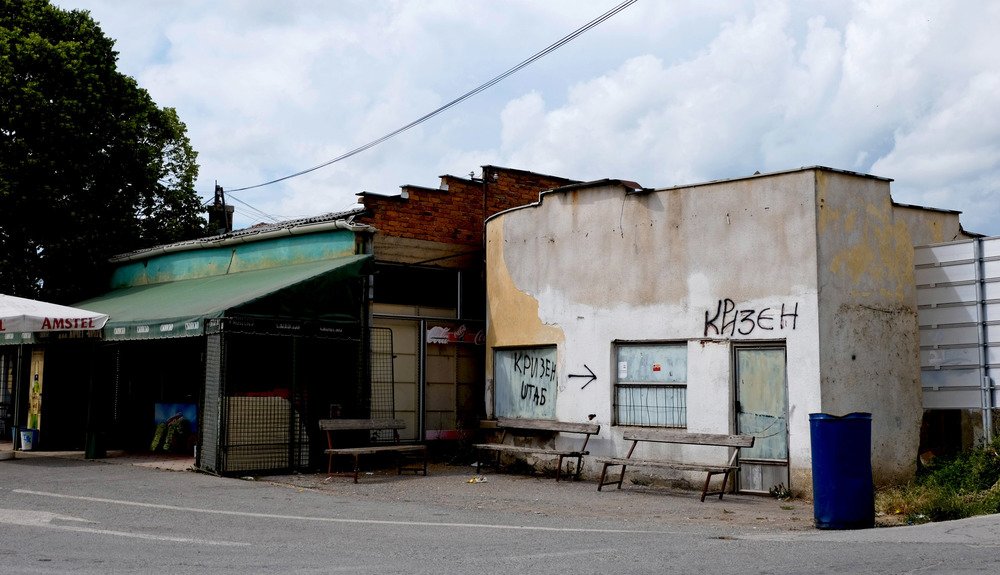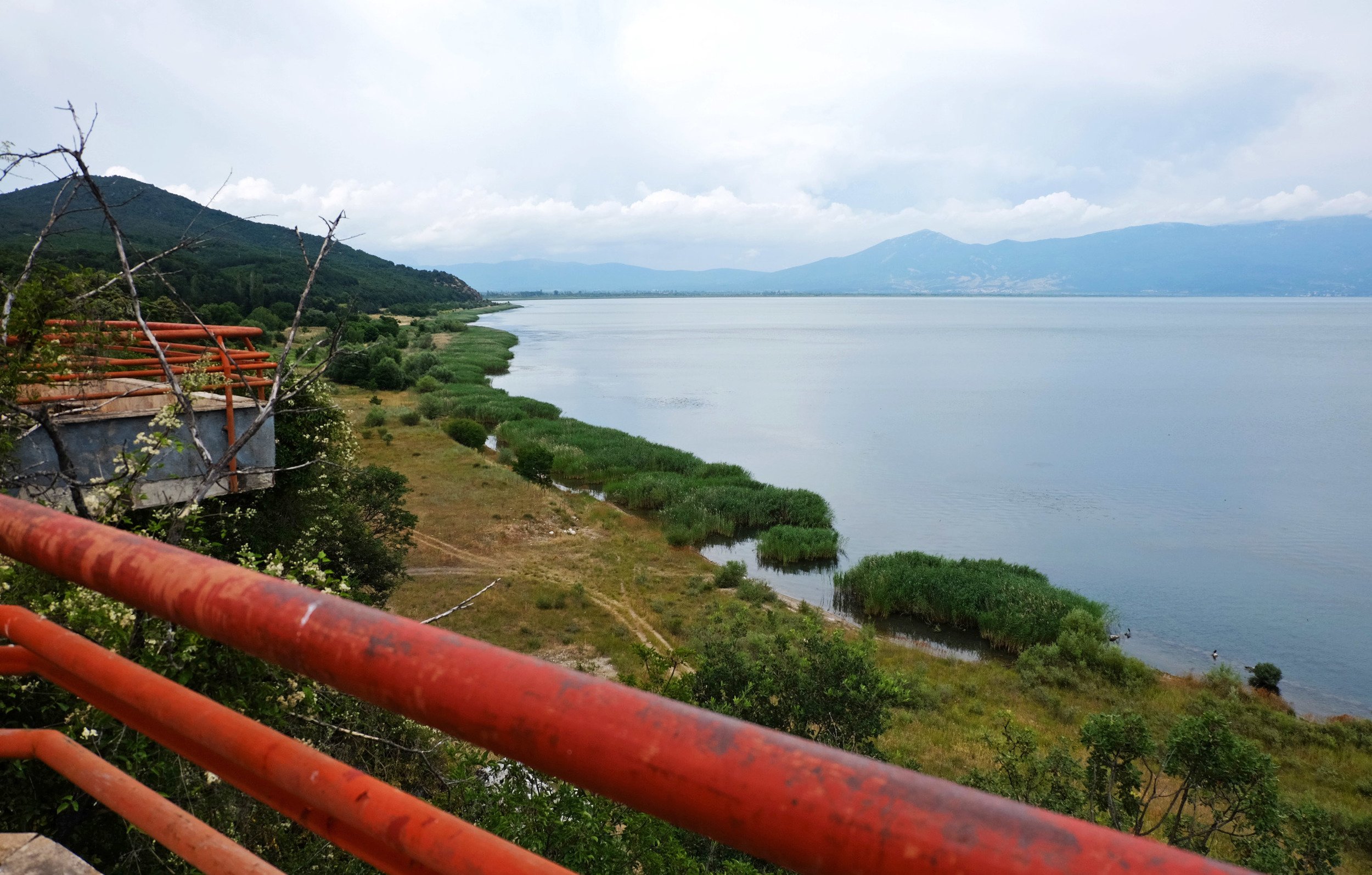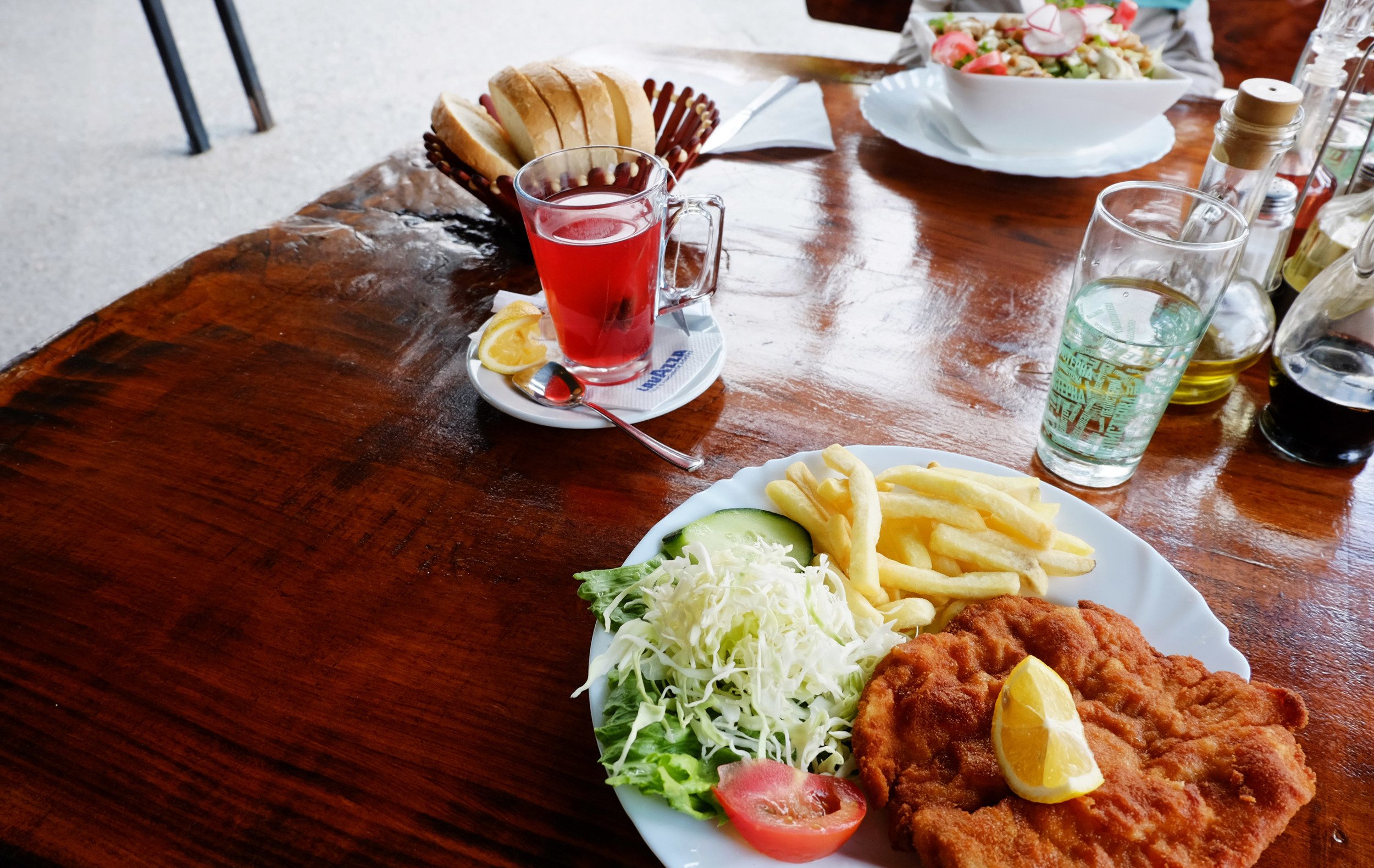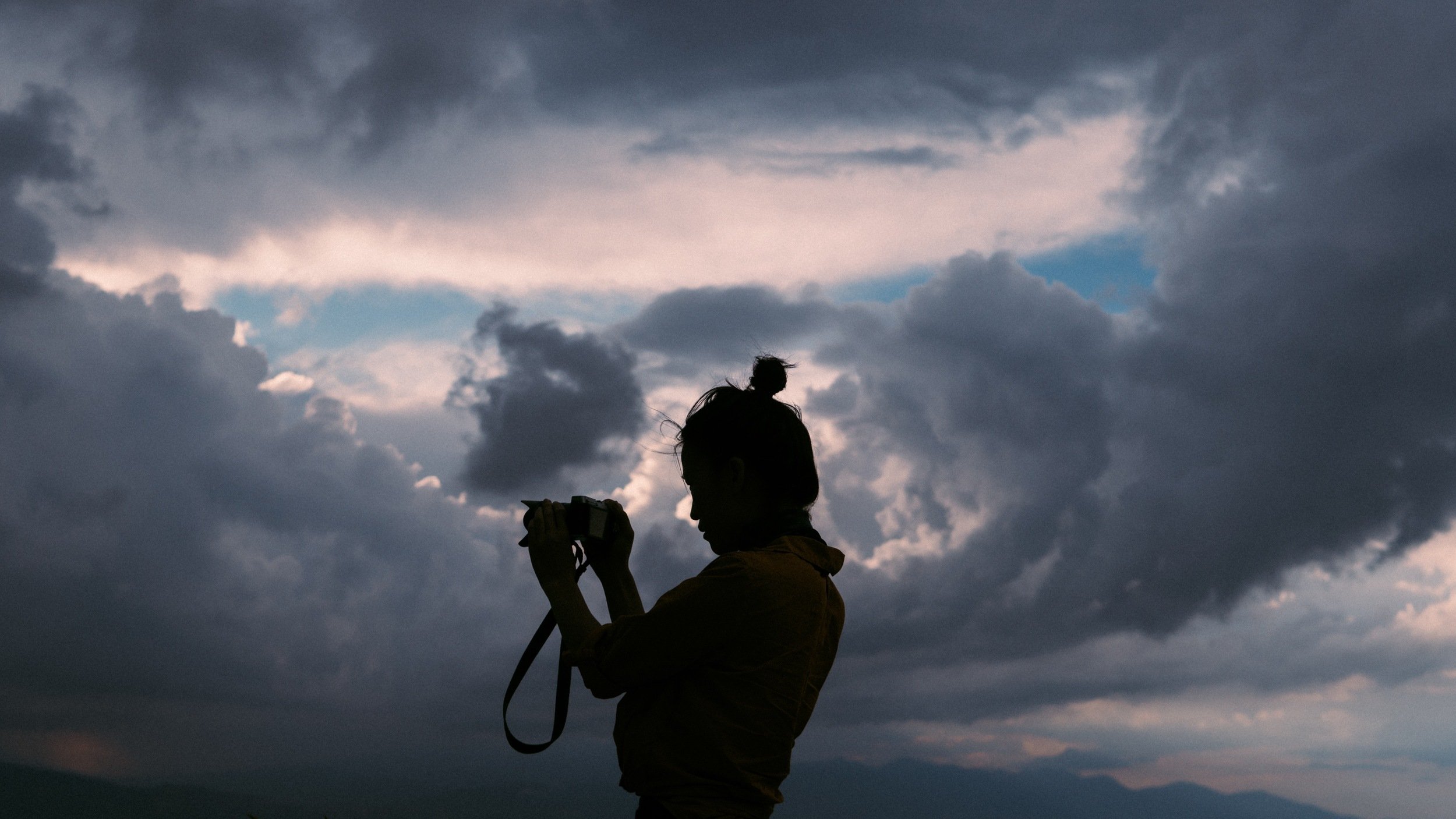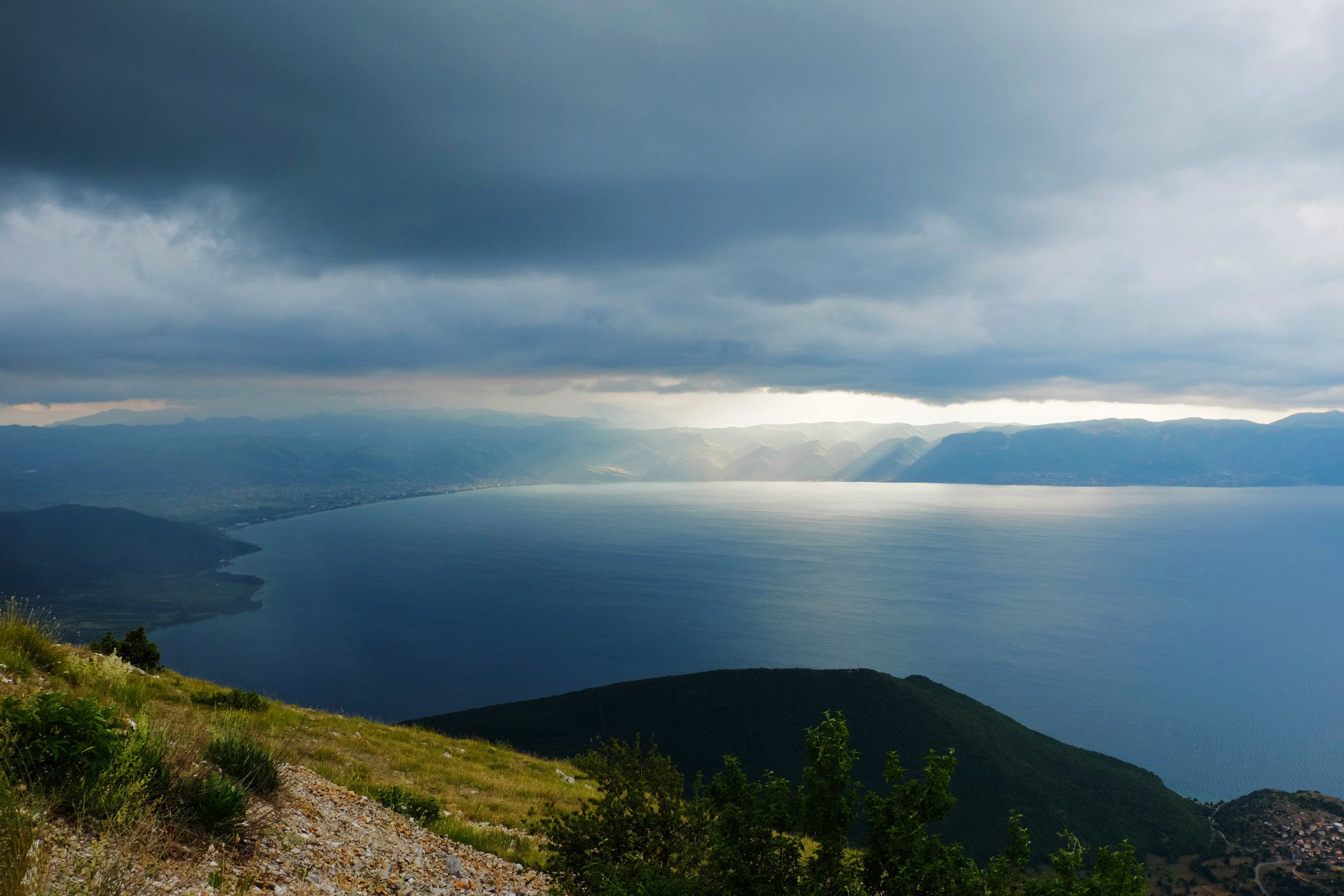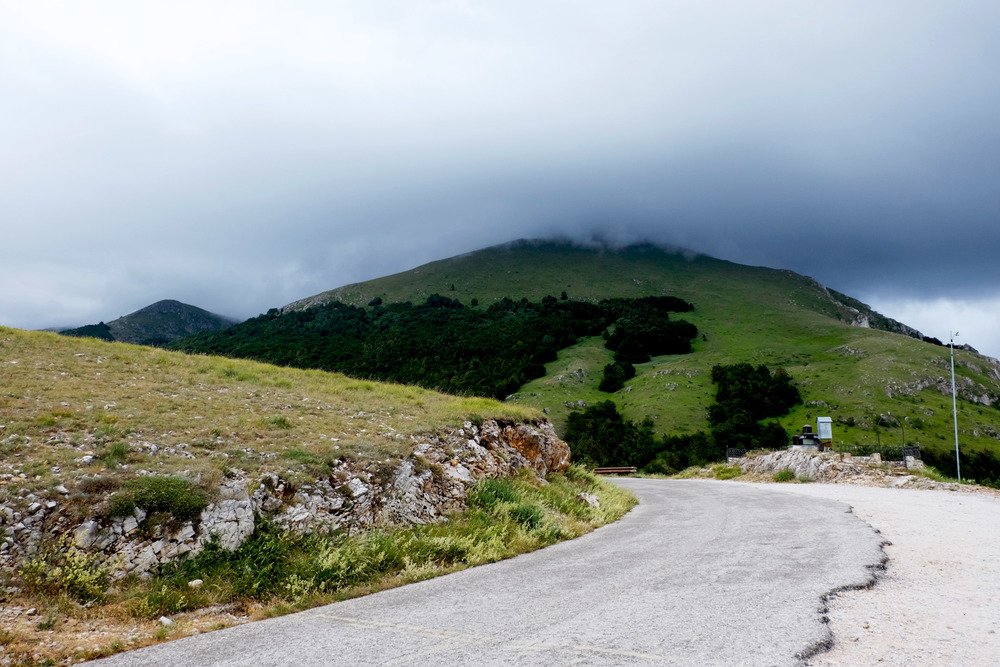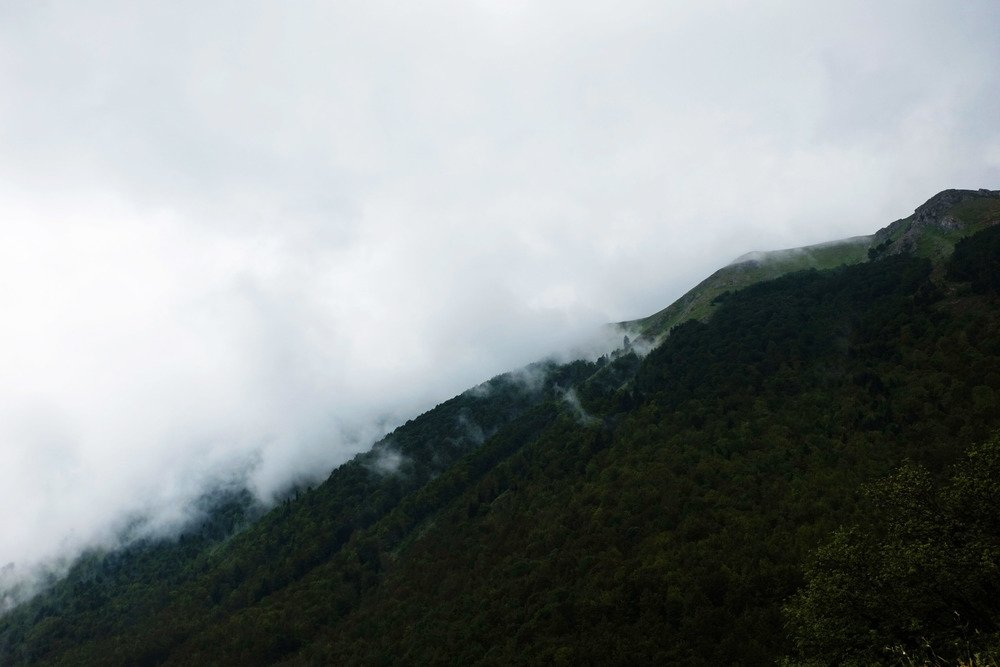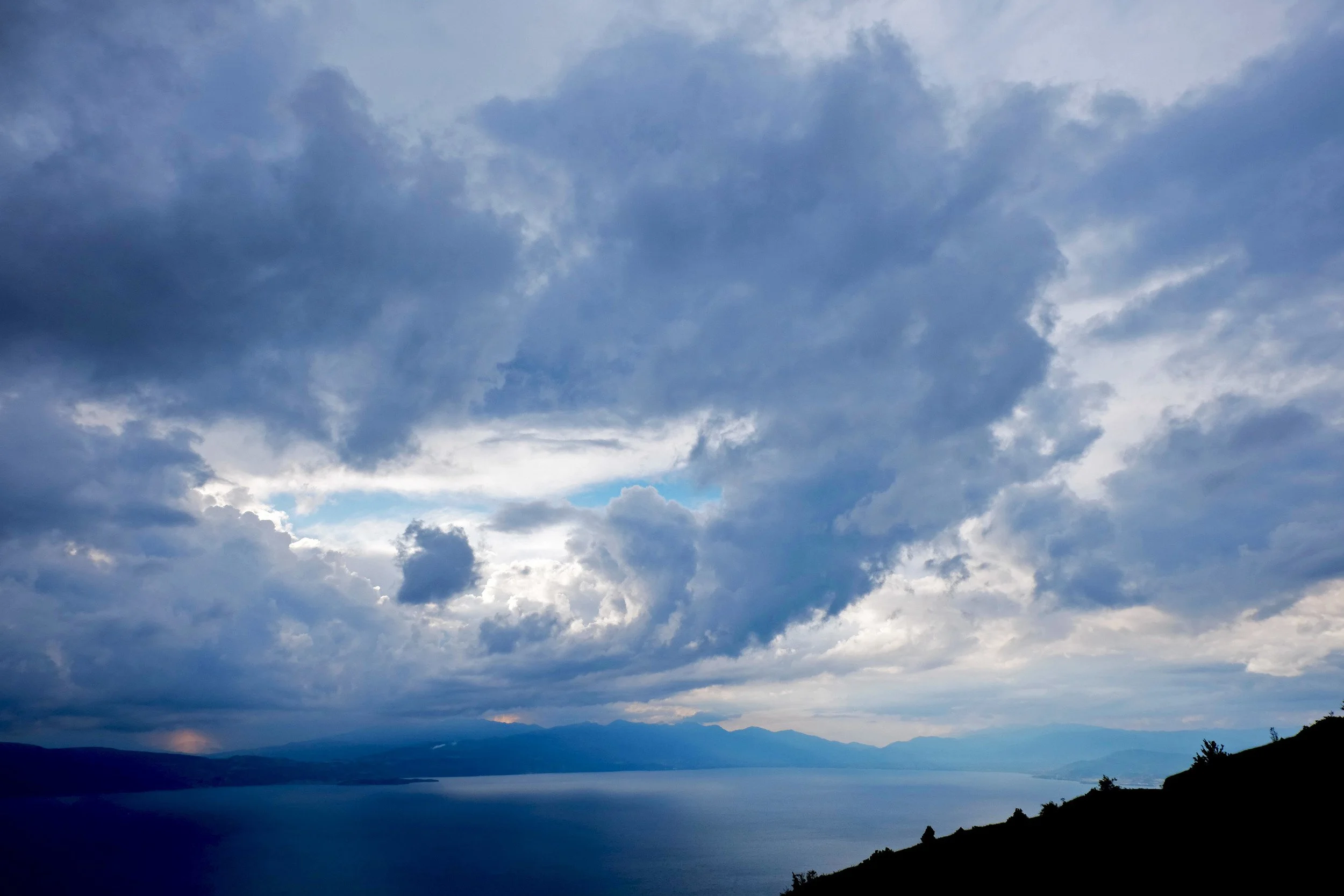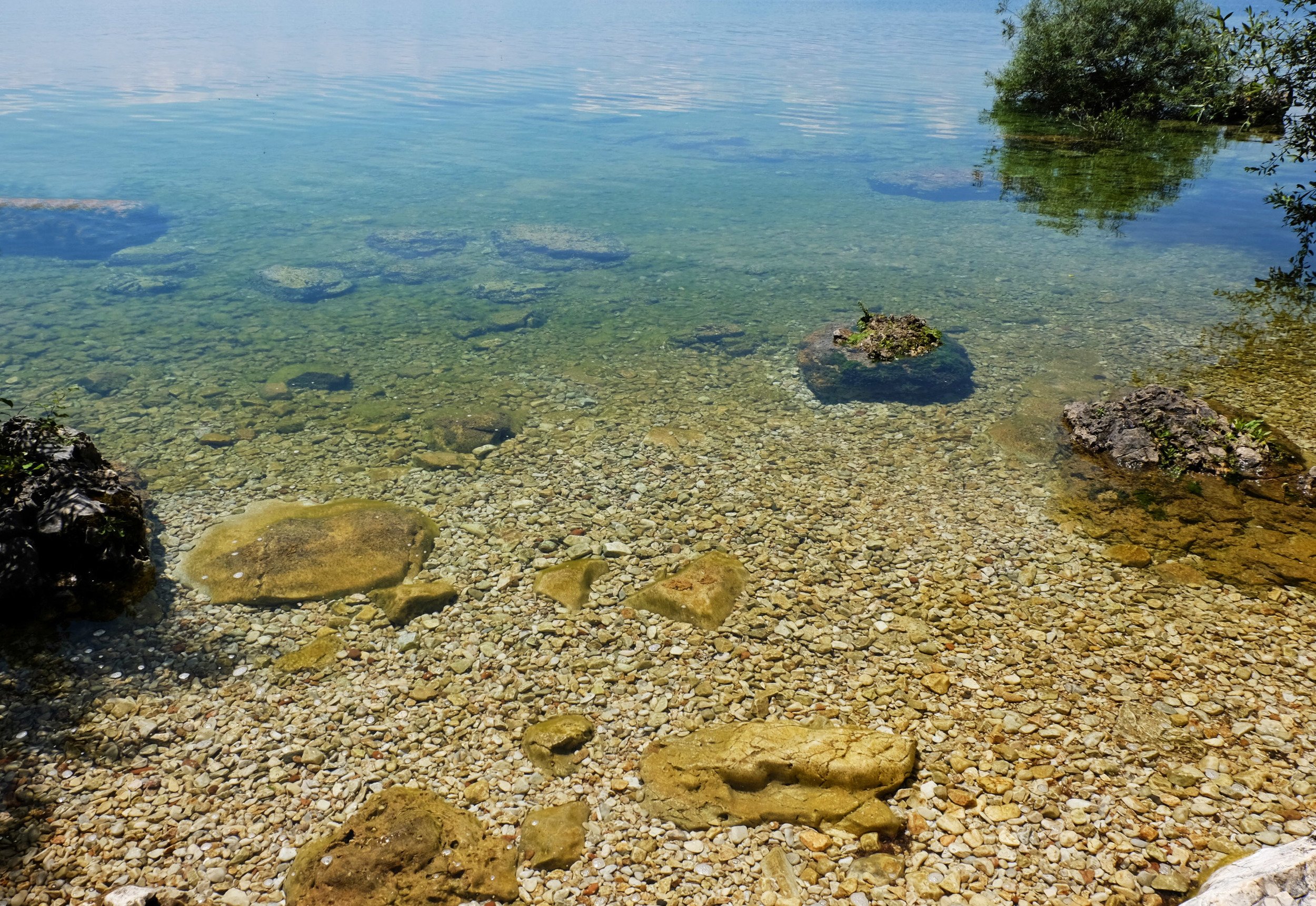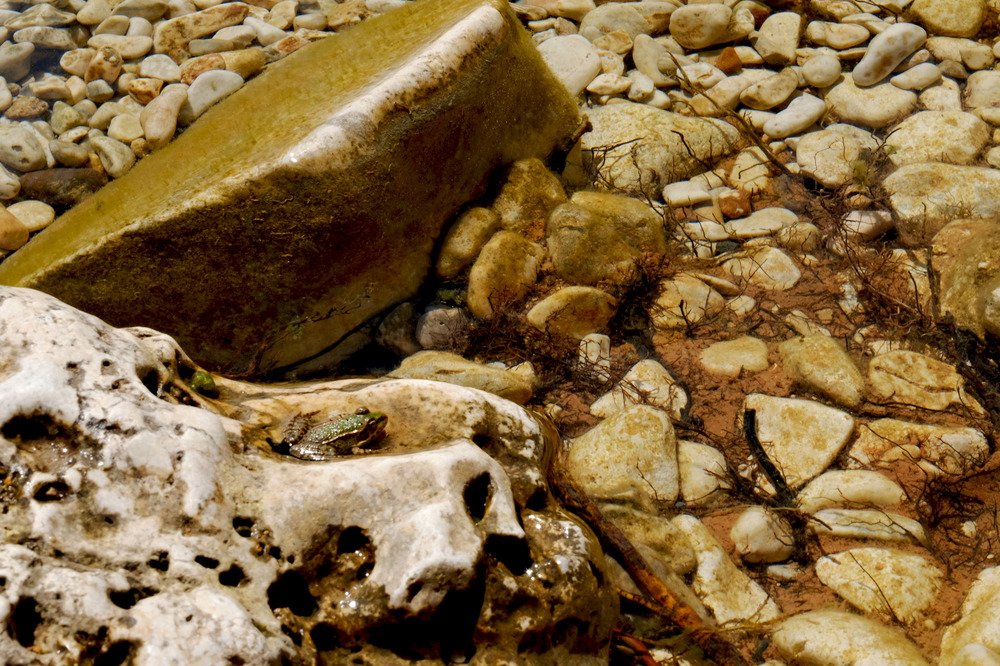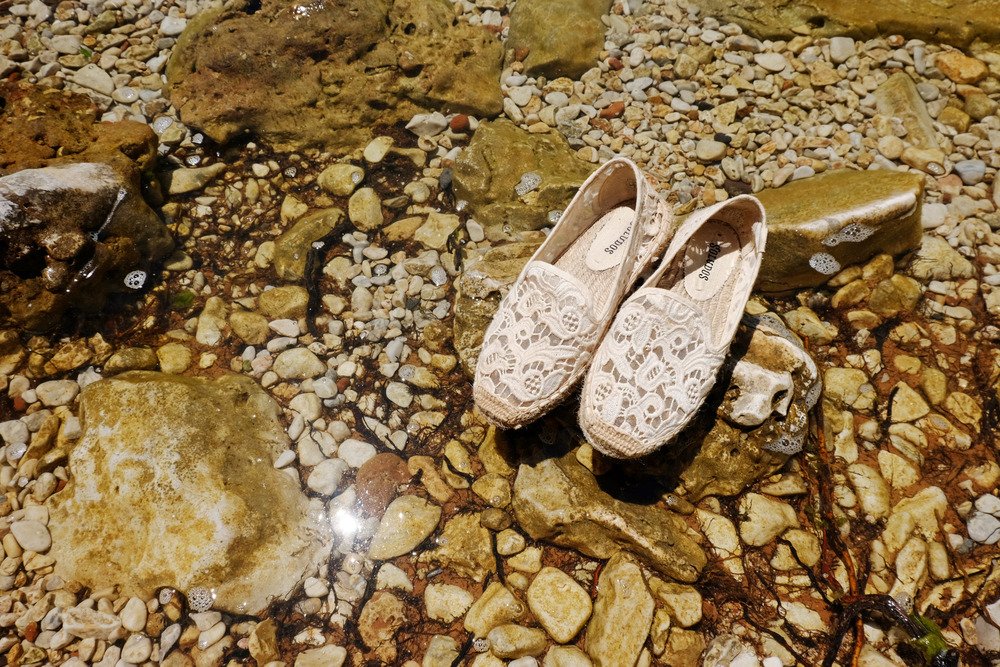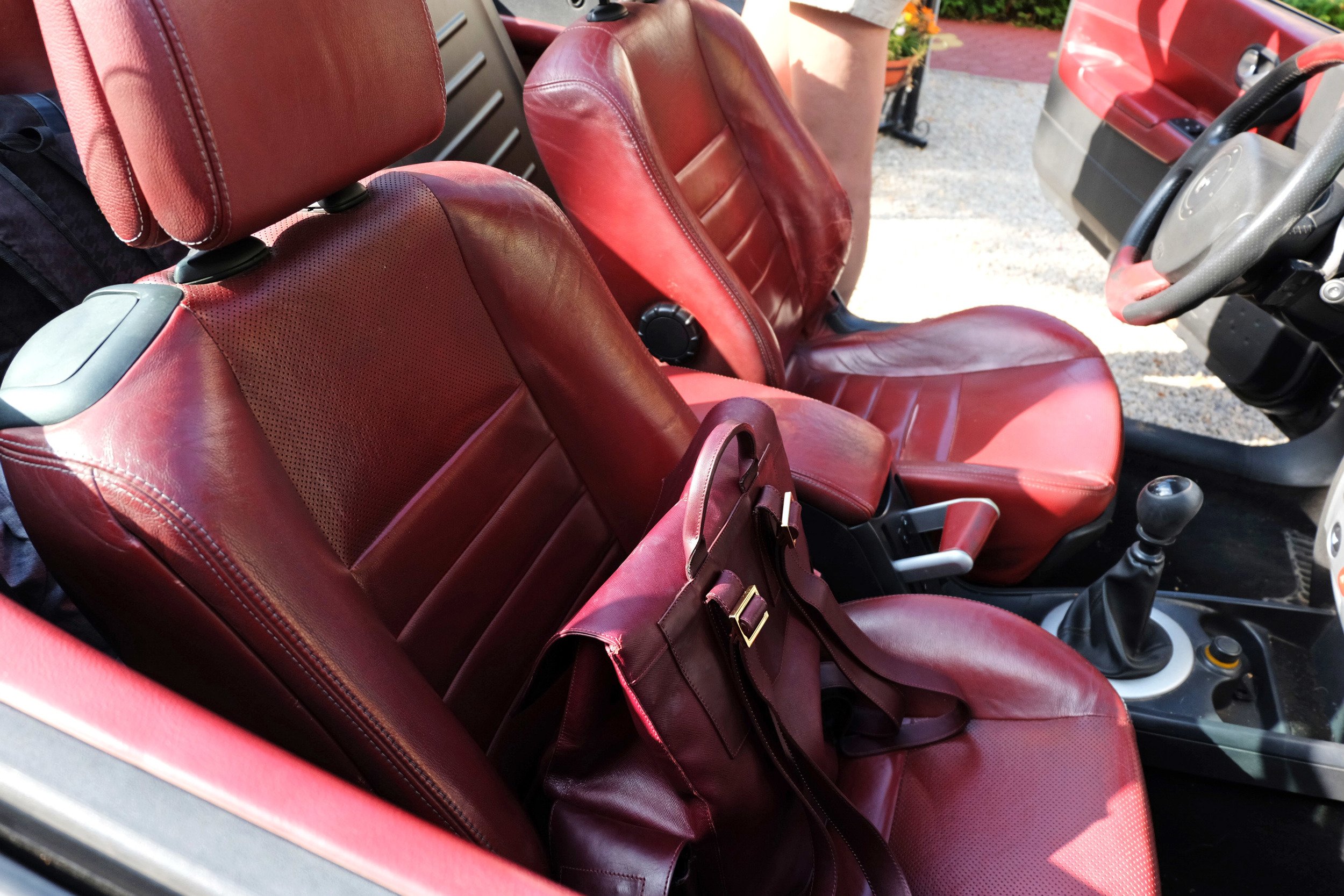Exploring Ohrid, Macedonia
The landscape photographer's paradise, where the poor become rich, where the fat become skinny, where everything is clear: I present to you Ohrid, Macedonia.
I spent four and a half days in Ohrid during my trip to the Balkans. Rule number one: stay longer.
While I didn't particularly "do" much besides swim in crystal clear UNESCO approved Ohrid Lake, indulge in all things nature, catch every golden sunset, and walk through thousand year old churches, I came back feeling very unsatisfied as if I hadn't completed my rounds. The place is teeming with natural beauty everywhere, not to mention, the place is empty so it's like having it all to yourself.
While I'm all for getting lost in this nature haven called Ohrid (pronounced like okrid in Macedonian), I do recommend starting with a tour around the lake so you get a better grasp of where you are and what your options are. I took a boat trip with Lale tours that began in Pestani where we were staying and traveled south along the coast of Ohrid Lake to visit the Monastery of St. Naum, passing through the National Park Galicica towards the Albanian border. We made brief stops in between to see the Bay of Bones, Trpejca, and St. Zaum and once we reached St. Naum, we got on another boat to get a closer look at the St. Naum springs where the water from Ohrid Lake flows into the river Crn Drim.
Fun fact: There are 365 churches in Ohrid's town alone, one for every day of the year. They call it the Jerusalem of the Balkans.
Bay of Bones
Trpejca
Monastery of St. Naum
St. Naum Springs
Private beach at the Church of St. Zaum
Church of St. Zaum
When we got back to Pestani, we caught one hell of a sunset, had some Ohrid cake at Kaj Mestono, roamed through Ohrid's main square and star gazed all night.
The next morning we took a boat from Ohrid's old town to a family restaurant off the lake called Kanevce where we ate, swam, and did nothing all day. The food here is very simple. I had a Shopska (the representative salad of the Balkans that consists of tomatoes, cucumbers, onions, and peppers topped with grated sirene cheese) at the start of every meal, or a Pindjur (a spread made up of tomatoes, peppers, and sometimes eggplant) to switch it up some days all accompanied by bread. Then there were simple fish dishes I gravitated towards for the main. Other than a daily cup of cappuccino and some occasional ice cream, this was my diet for the week. I lost five pounds.
Additionally, everything is very inexpensive here. Food for two all day came out to a total of fourteen US dollars. Fourteen US dollars in New York City can maybe get you a salad or a sandwich at a decent bodega. You get the idea. The conversion rate here is extreme, you feel extremely wealthy.
We took another day to explore the nearby towns of Ohrid. We drove through the National Park Galicica, waved hello to Greece across the lake, explored an abandoned bus, got stung by nettles, walked through the remnants of the old Hotel Europa built during the communist era, asked for directions in Tsarev Dvor and grabbed a bite in Resen.
Abandoned bus
Stinging nettle
Nathalie inside the abandoned Hotel Europa
EU symbol at entrance to Hotel Europa
Tsarev Dvor
Somewhere in Resen
My last dip in Ohrid Lake was extremely bitter sweet. Afternoon rolled around and it was already time to make moves to the big city, that is, Skopje.
The frog we called mayor of Ohrid Lake
Soludos for the rocky beaches
The convertible we drove around in via Lale tours
Ohrid main square
The thing about Ohrid is it's very low key. It's not somewhere you go if you're looking to necessarily "do" something. A number of tourists I briefly conversed with turned out to be regulars who would come to Ohrid as a place to kind of just rest and tune out. Ohrid, as I experienced, is a perfect getaway for those seeking solace, who want something underrated and cost efficient, those in search of something authentic and untouched, who need a big breath of fresh air.
A few things to note when visiting Macedonia:
*You might have moments where you want to compare it to Greece or Turkey. Don't do it. Not in front of a Macedonian.
Don't compare it to Greece because well, just don't. Don't compare it to Turkey because, well they've got history. It's a sensitive topic.
*Macedonian was a hard language for me because I personally don't know any other slavic language to base it off of. But I survived with these basics:
Zdravo = hello / Dobro utro = good morning / Dobar den = good afternoon / Dobro = good / Fala = thank you / Dah = yes / Neh = no / Kolku = how much
*Most tourists you'll find in Macedonia are either Dutch or from neighboring Balkan countries. With that being said, Americans and Asians are pretty rare.
As an Asian American, I got a lot of reaction. If you're American, moreoever an Asian American, don't be sensitive.
*Macedonians are very nice people, they are a very hospitable people group and you will grow to love them very much.

